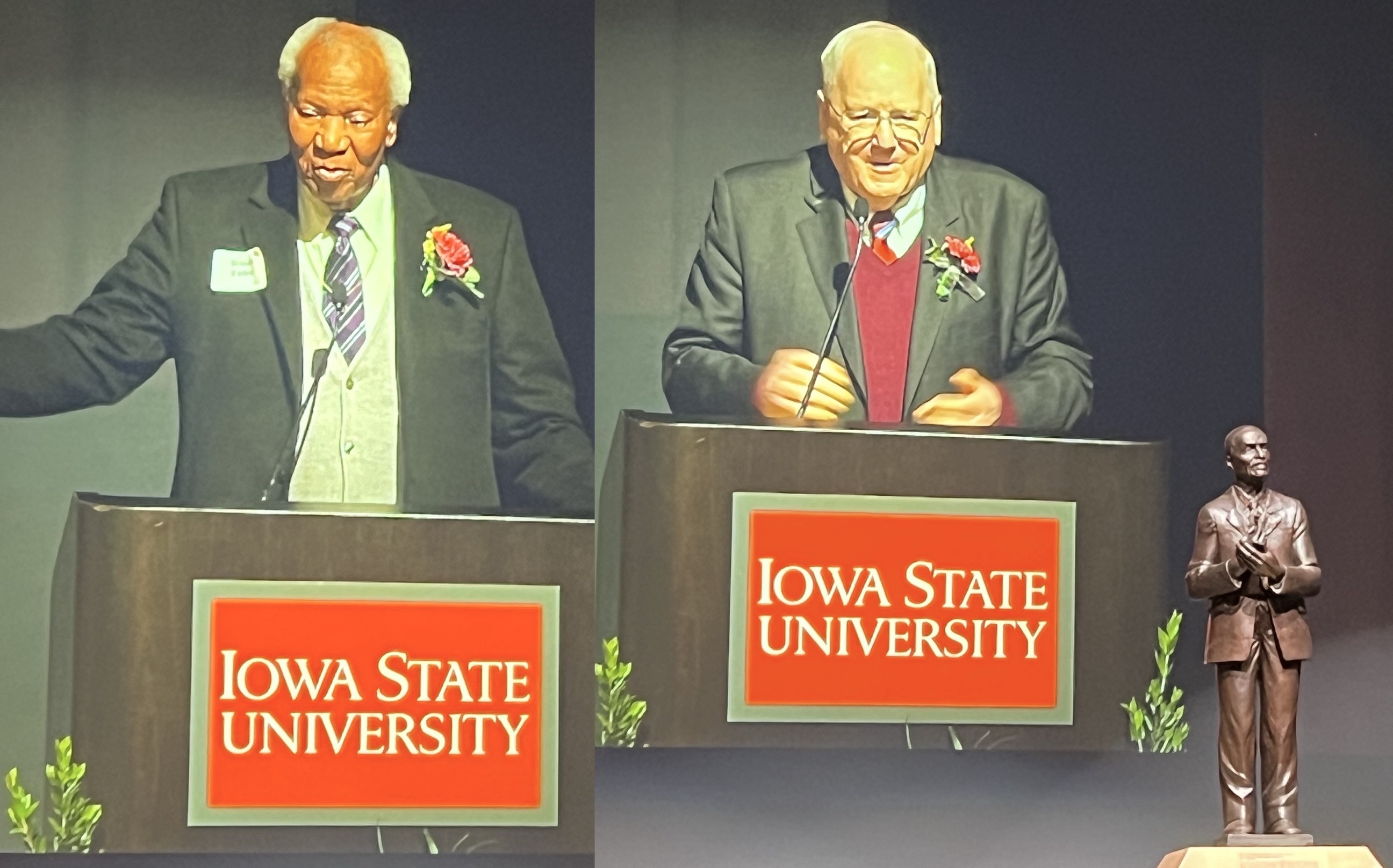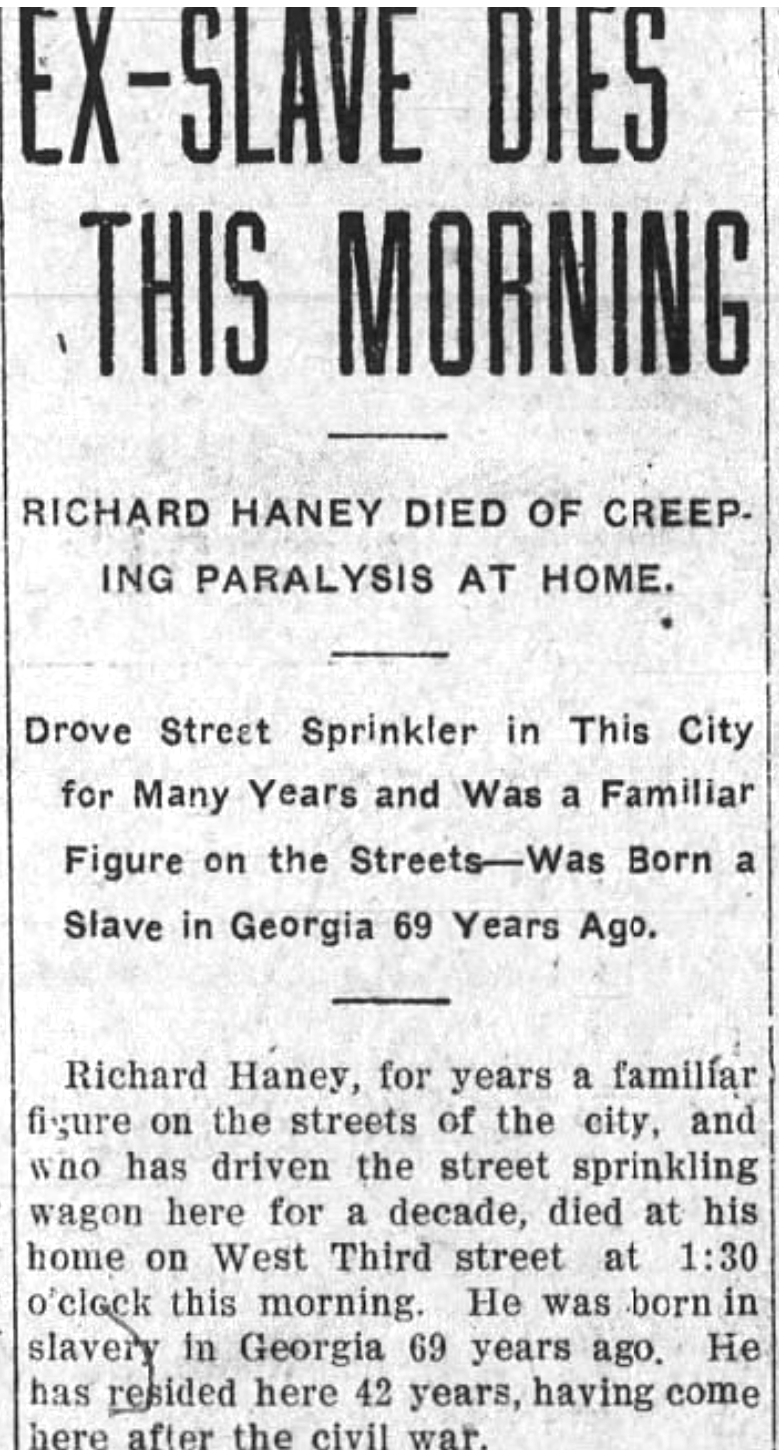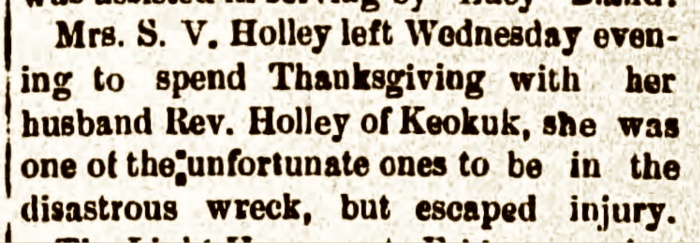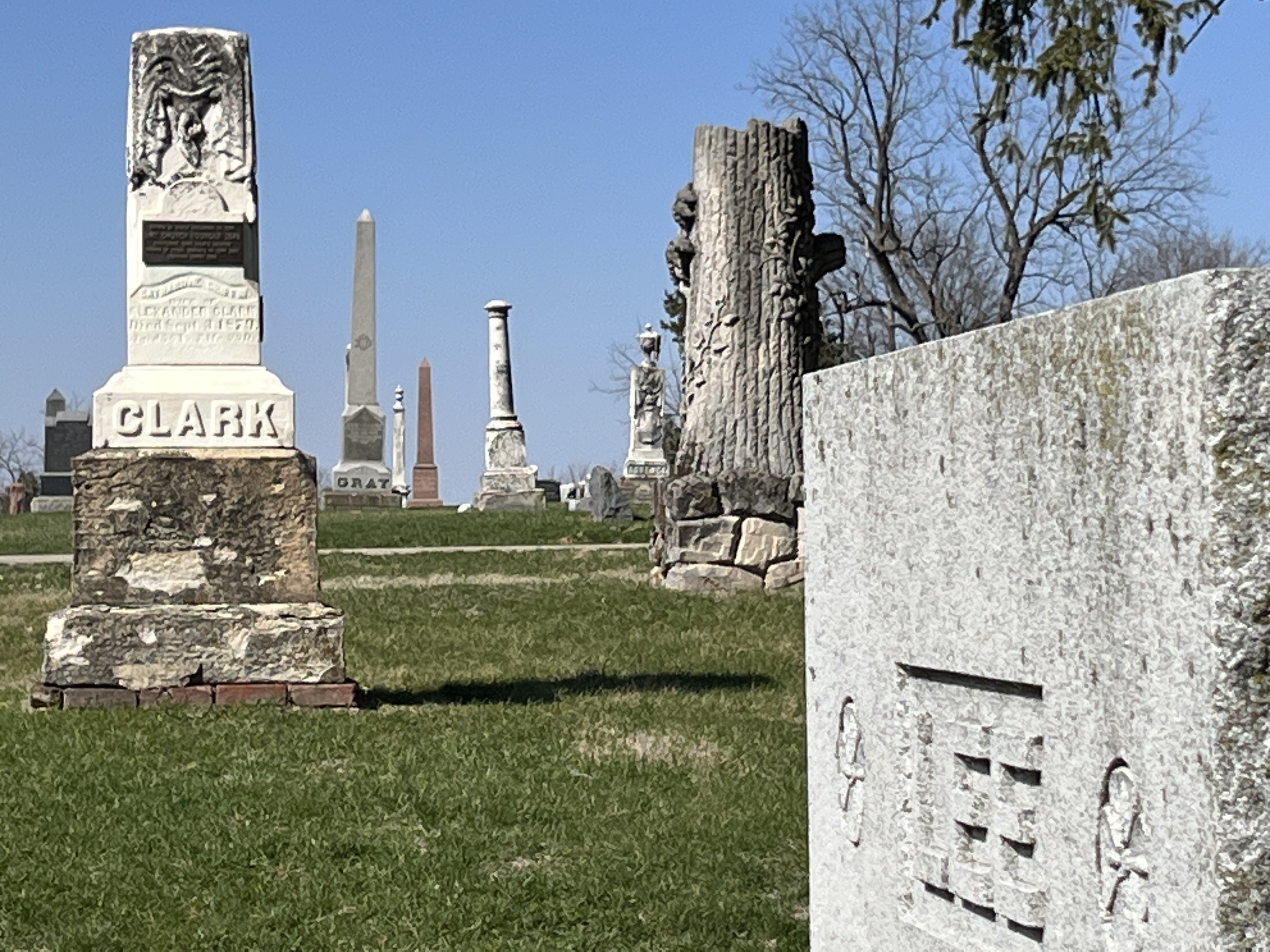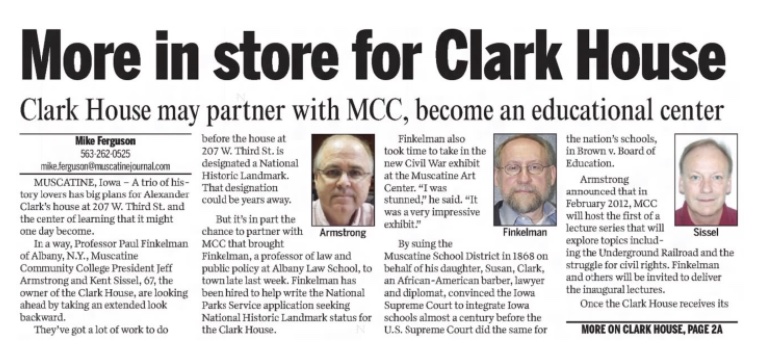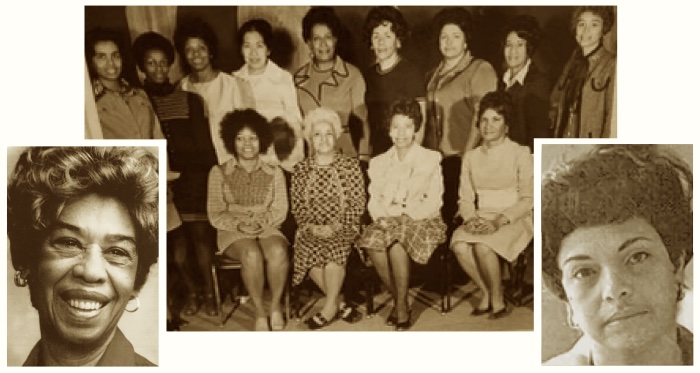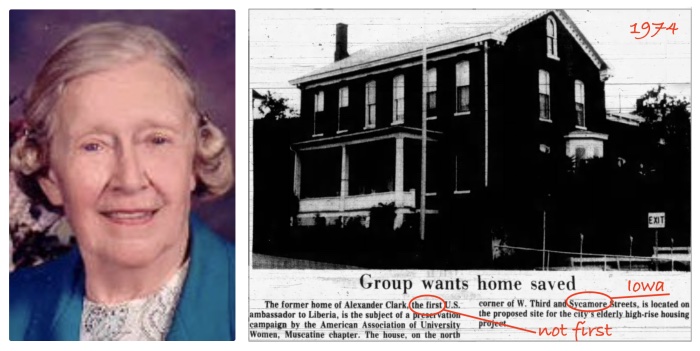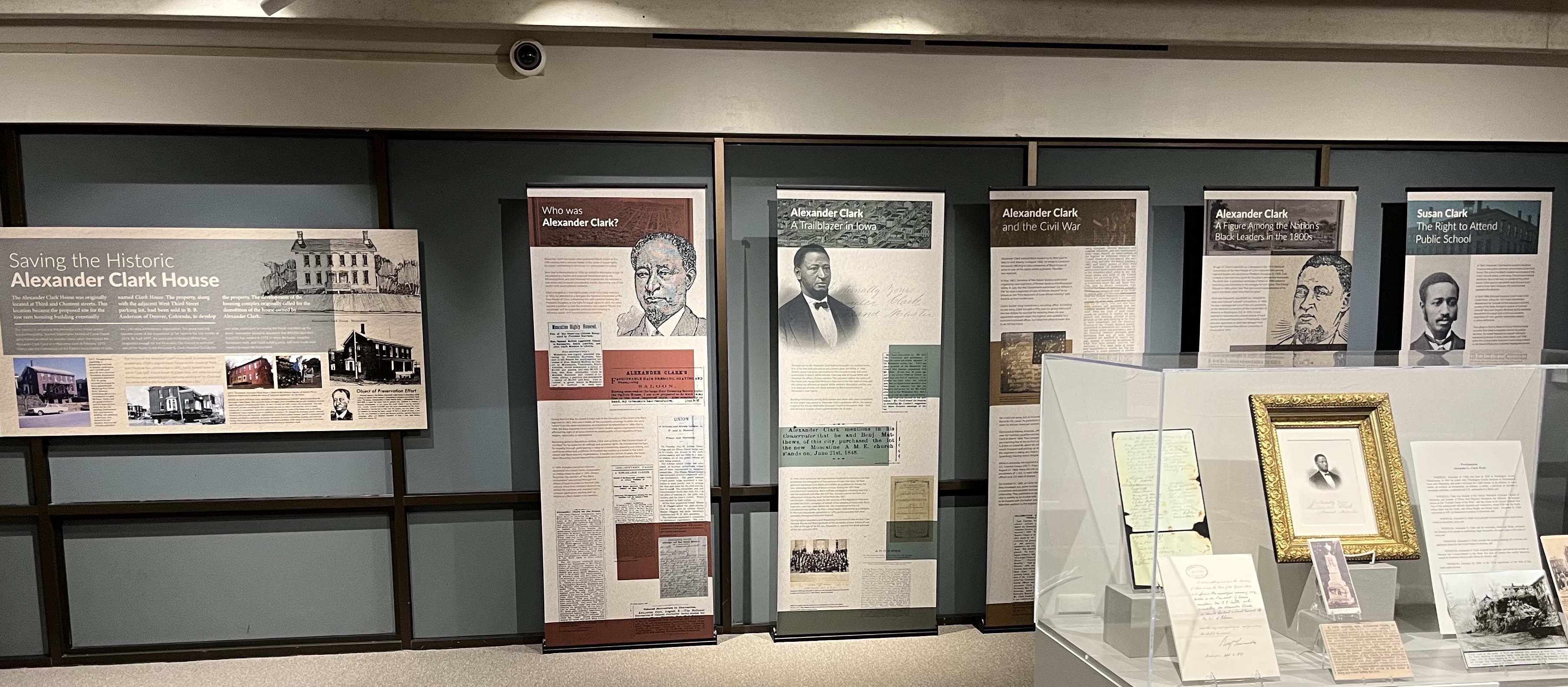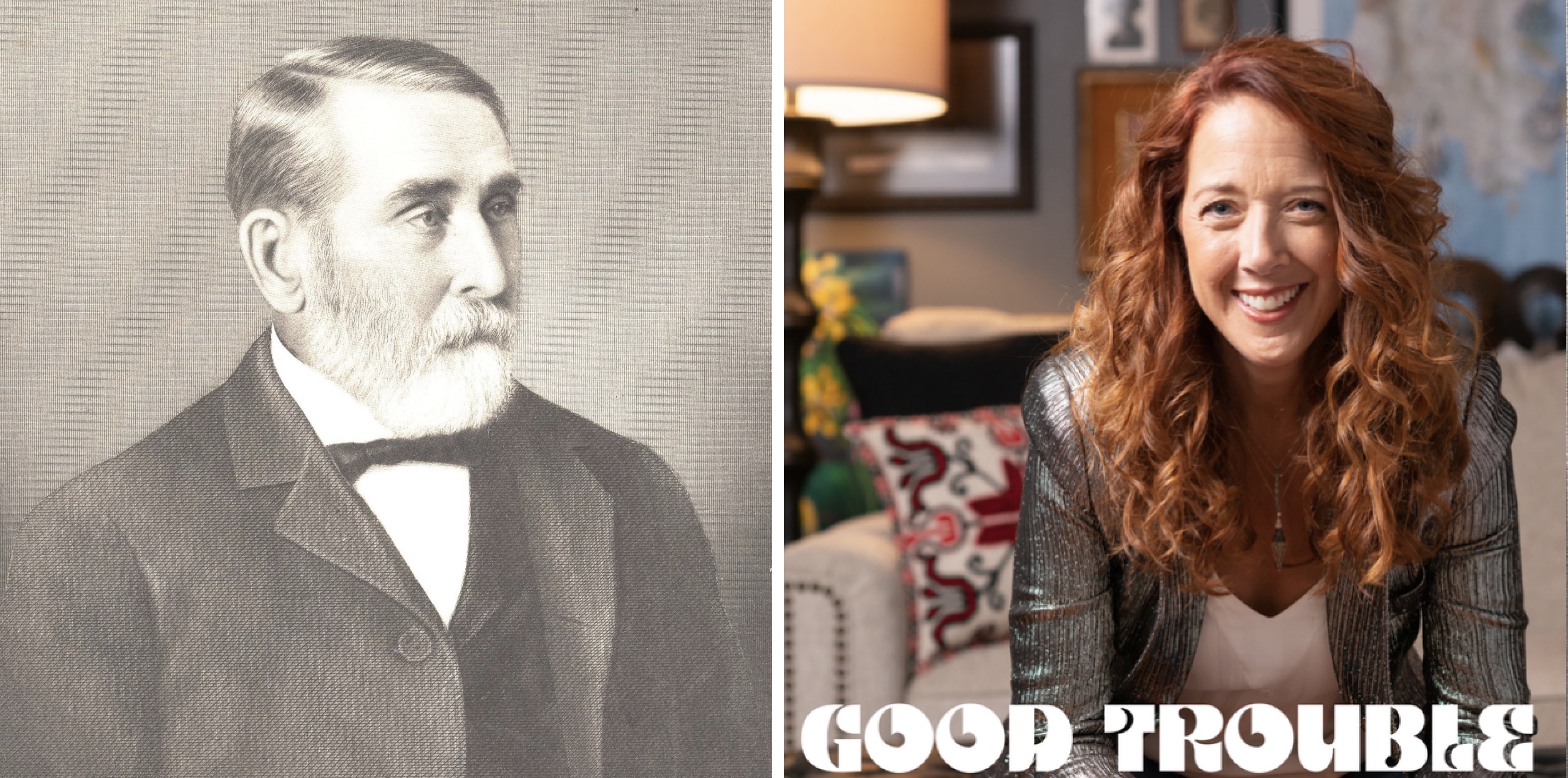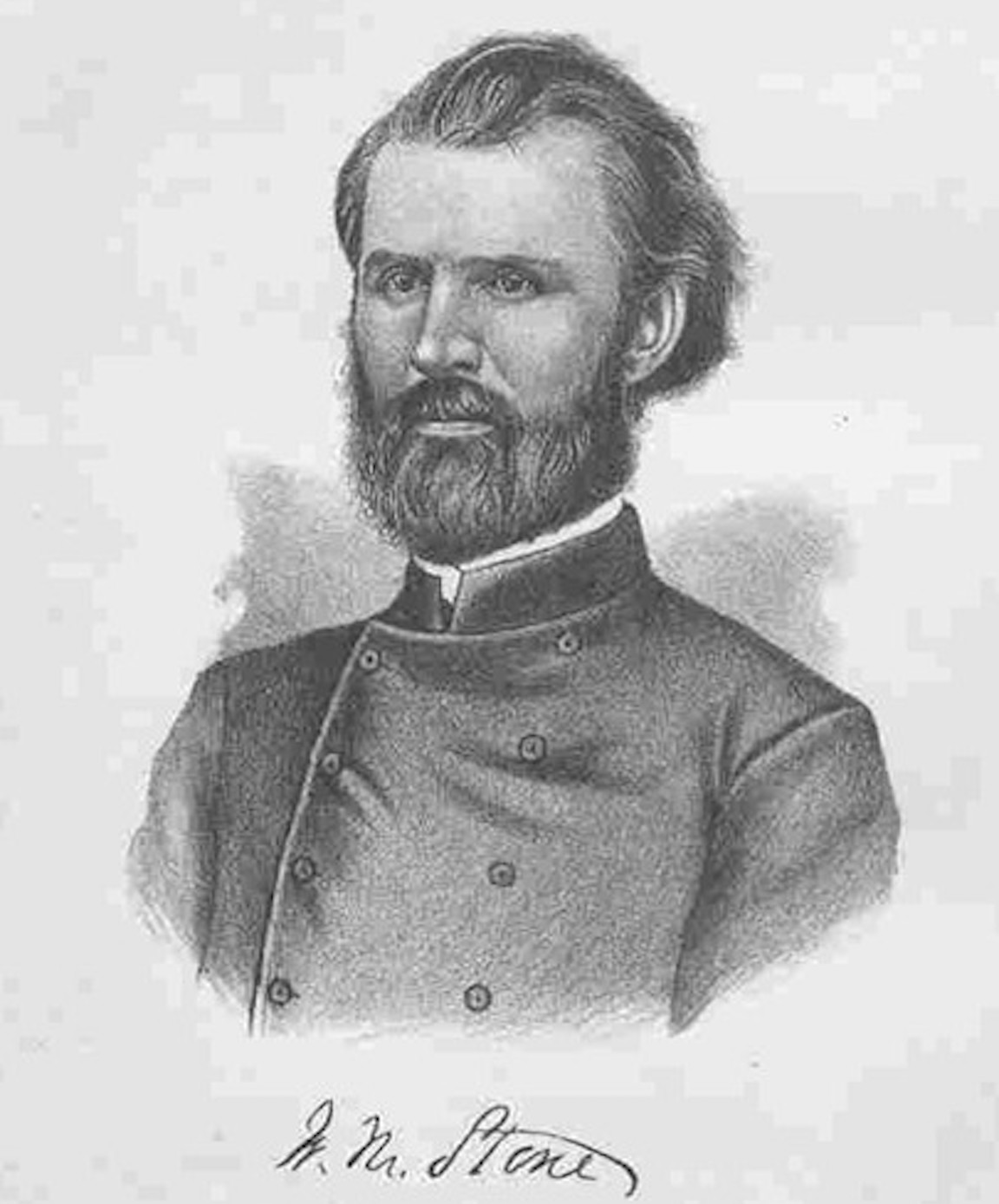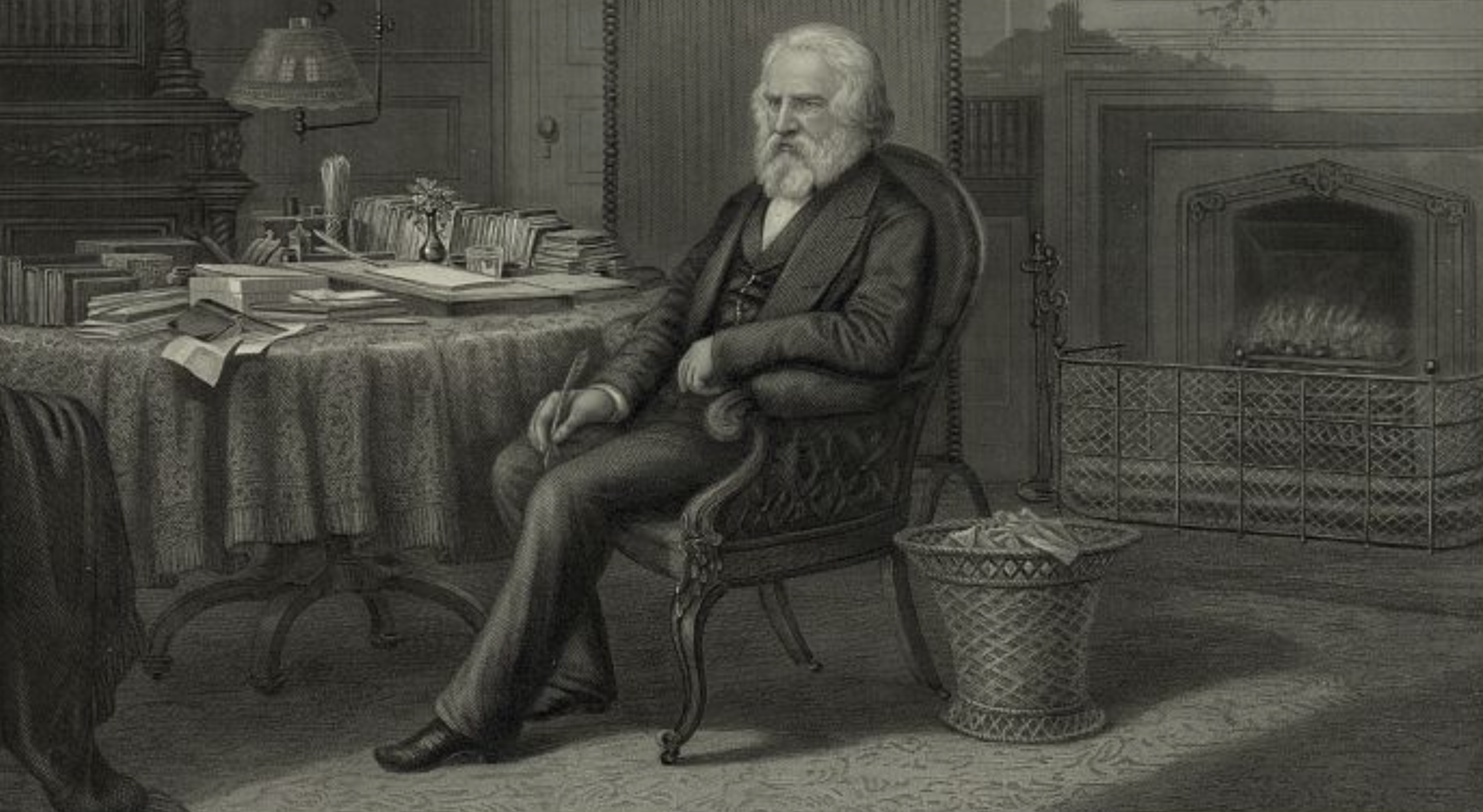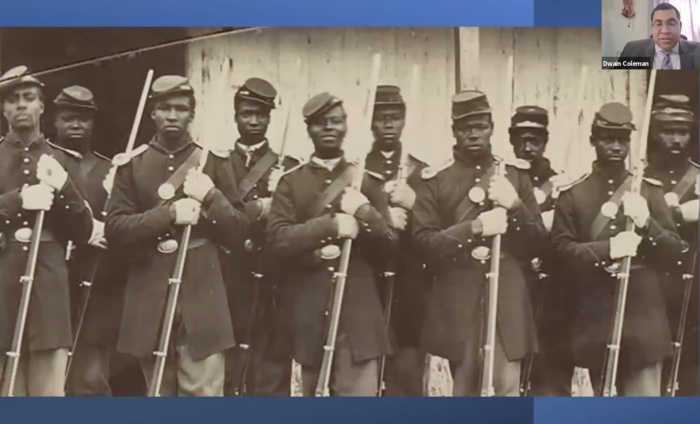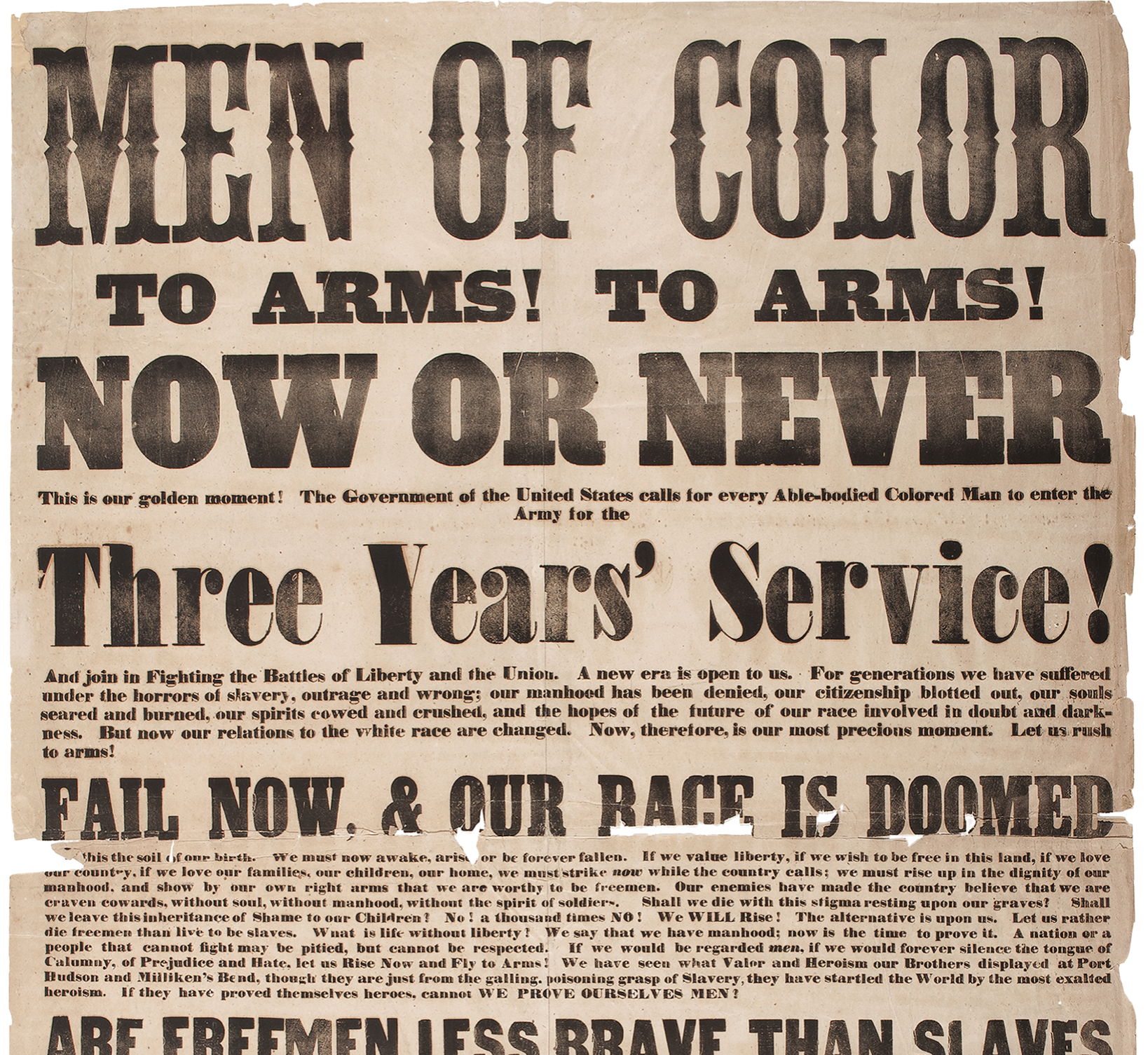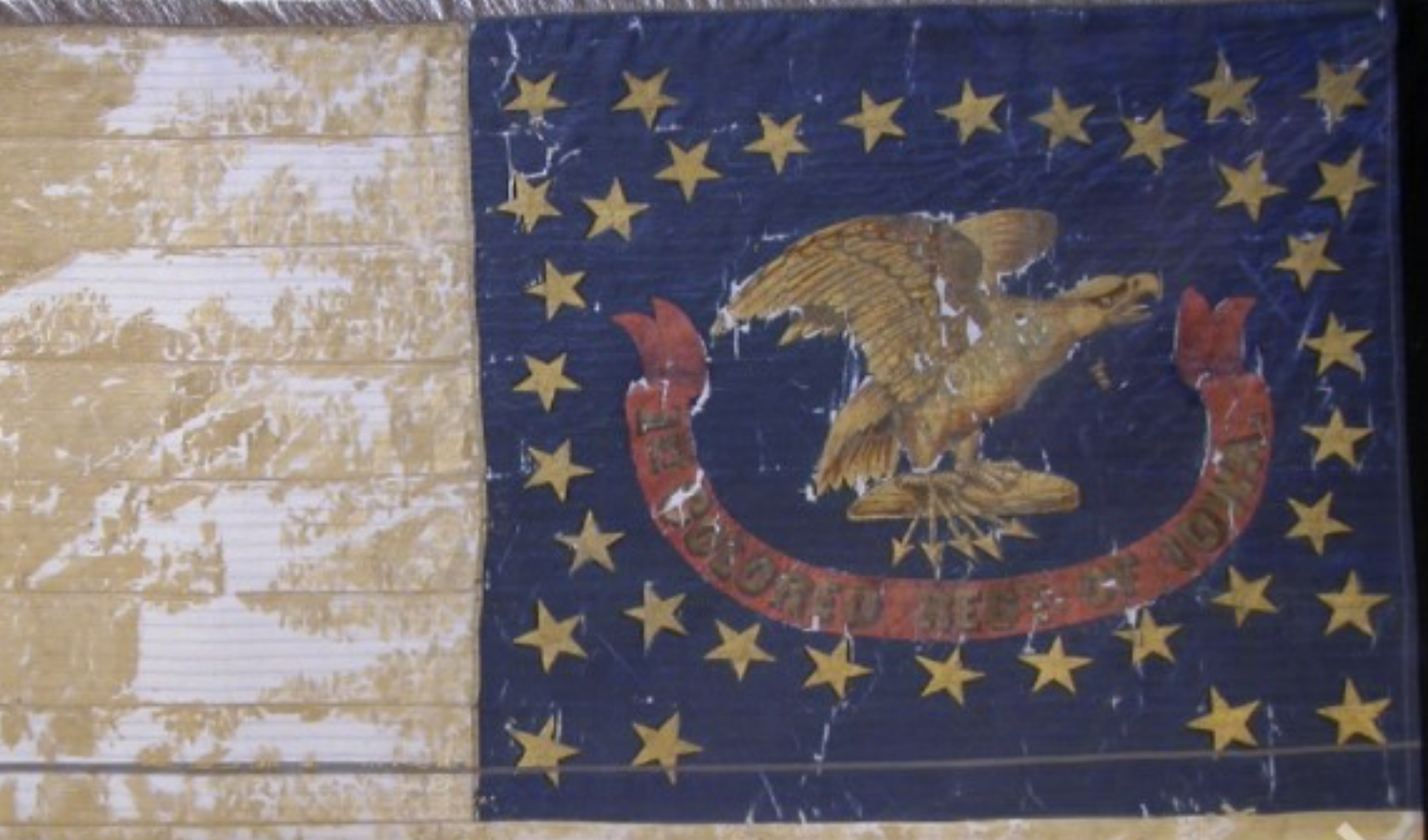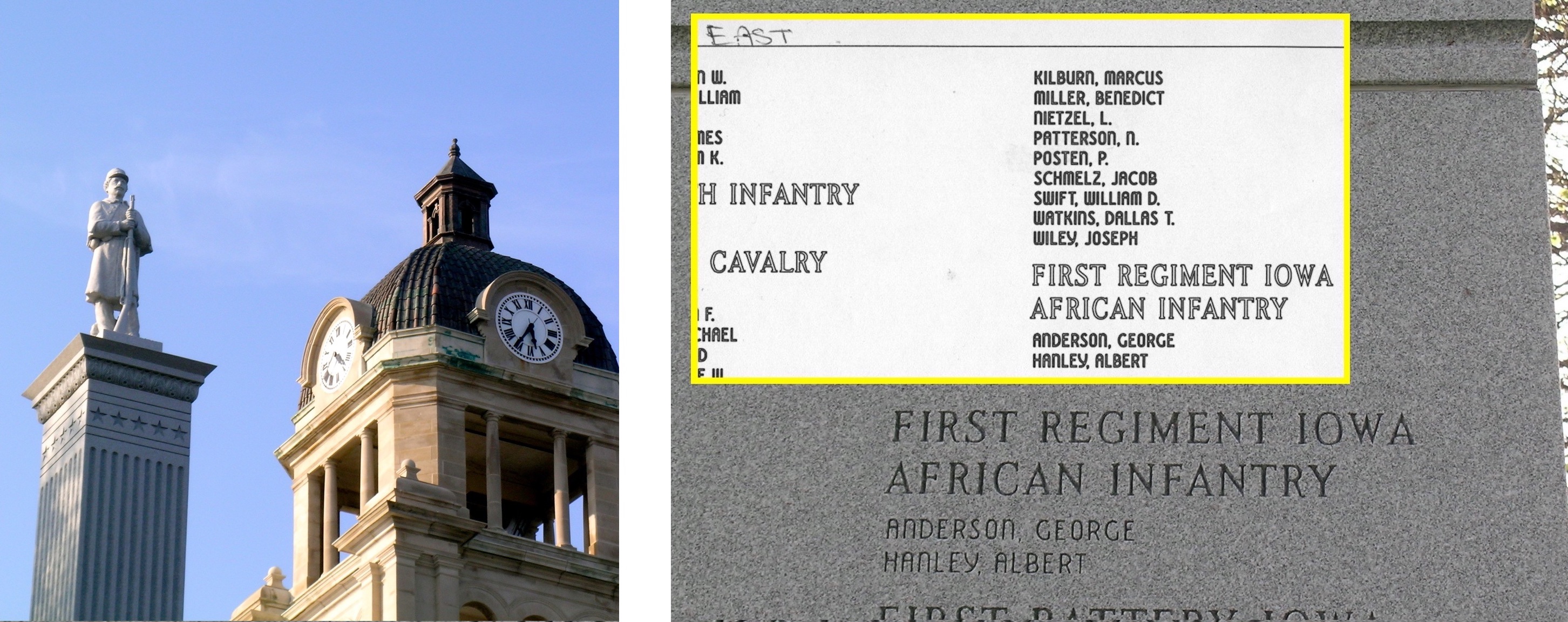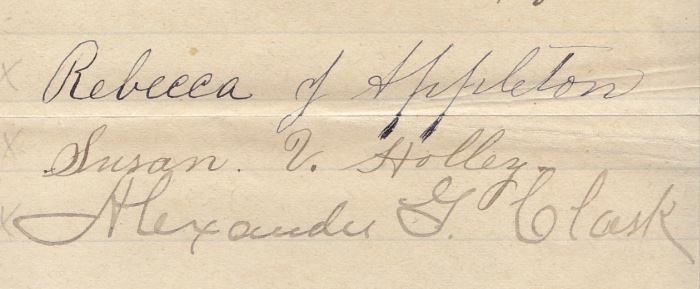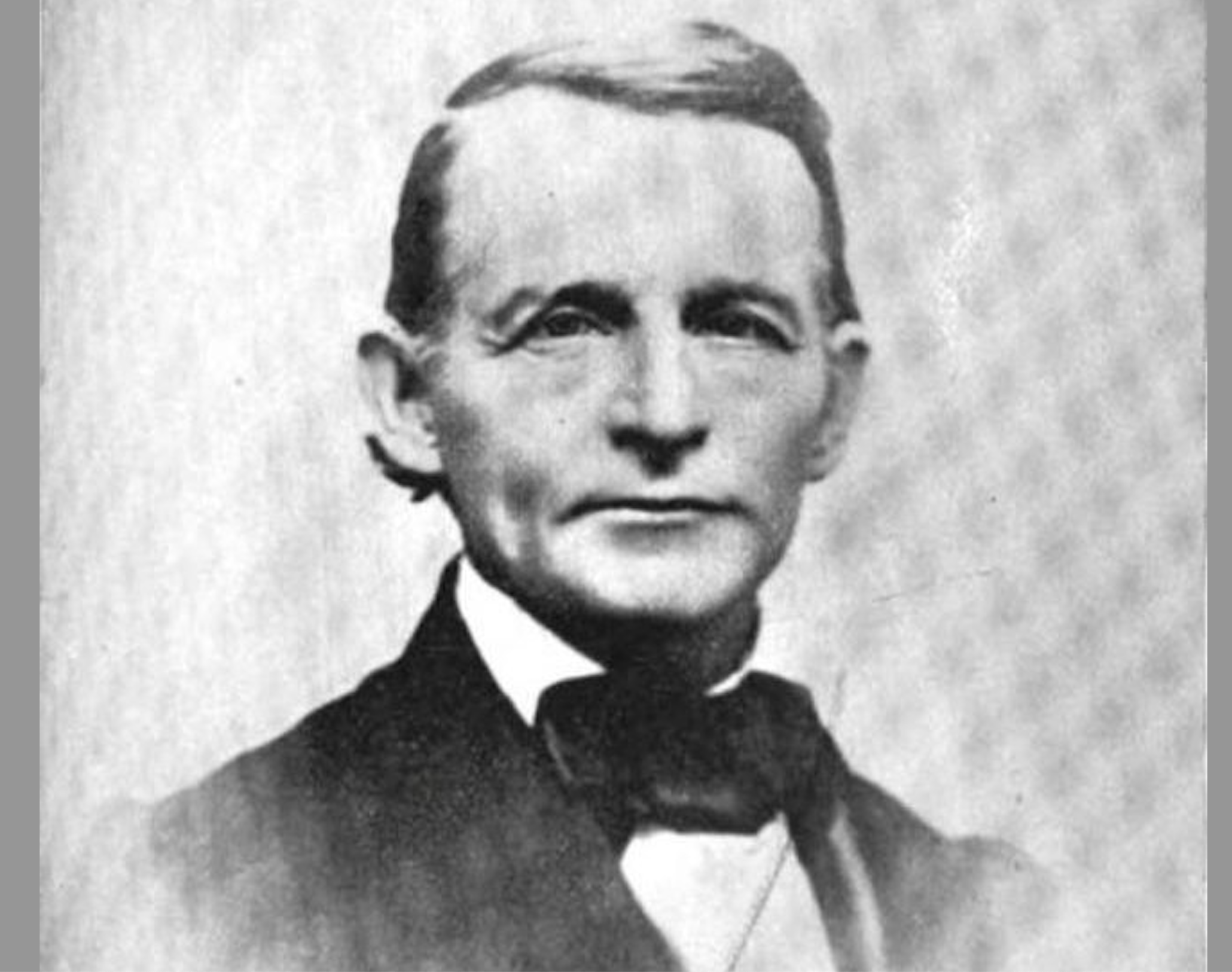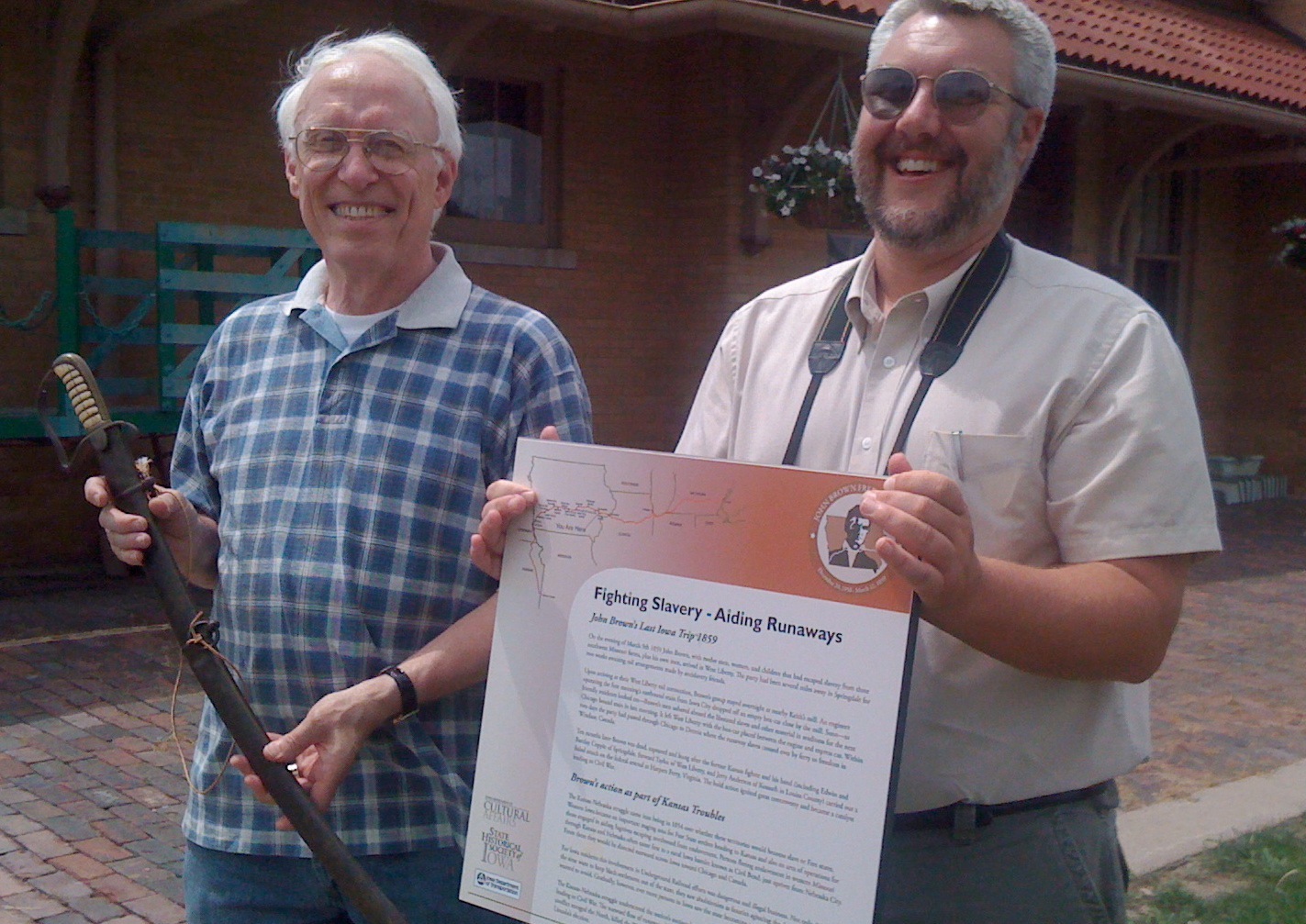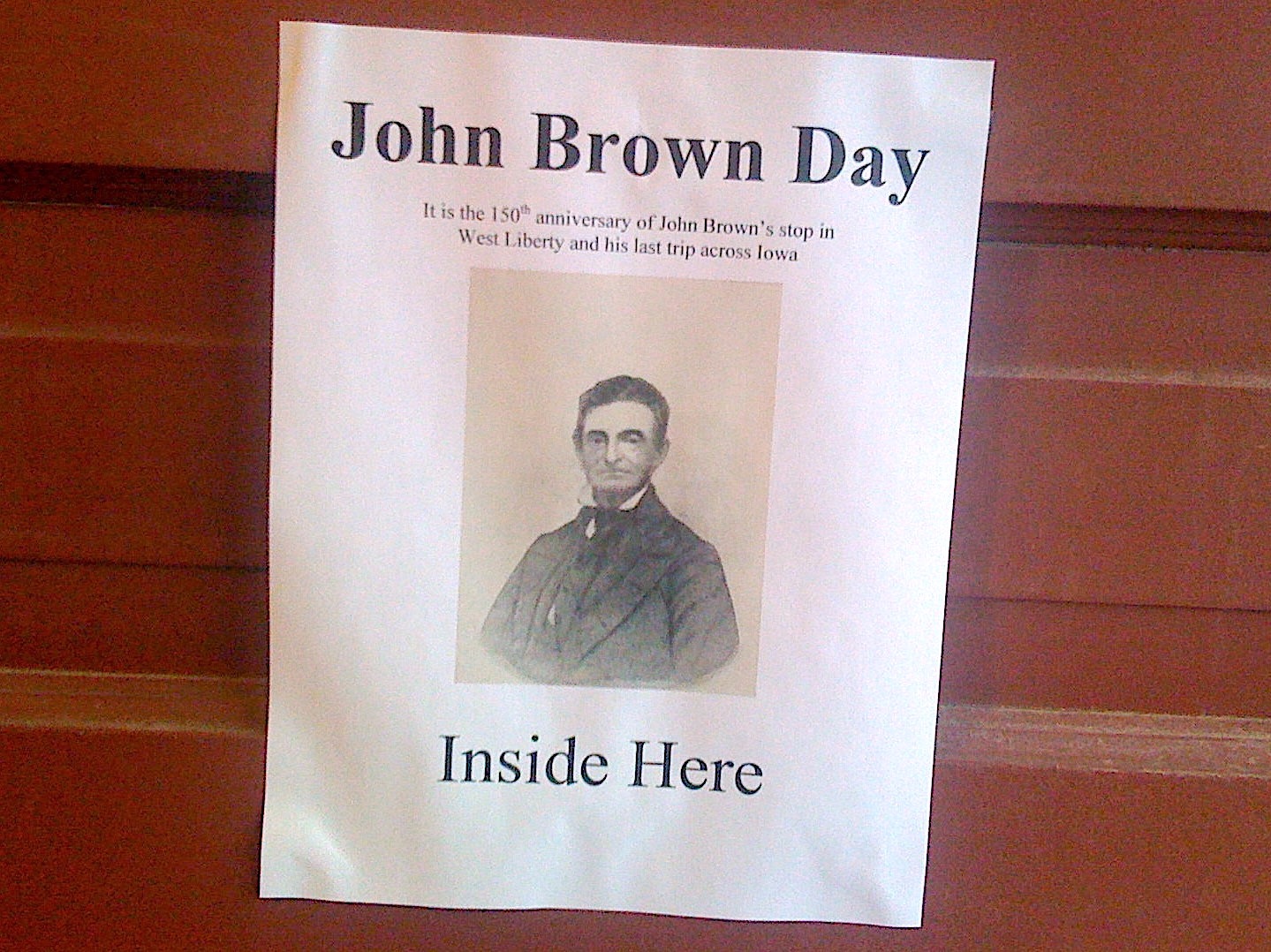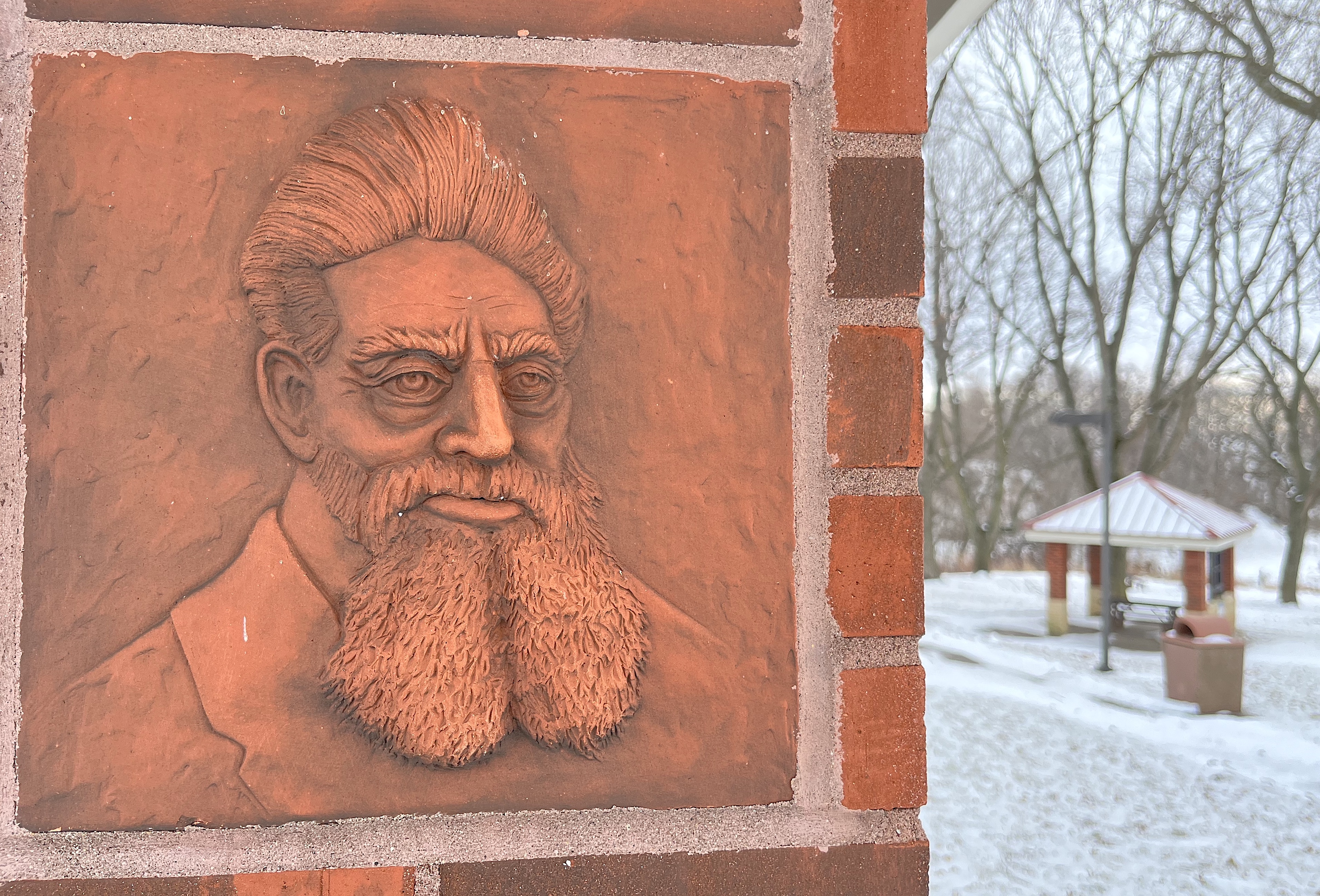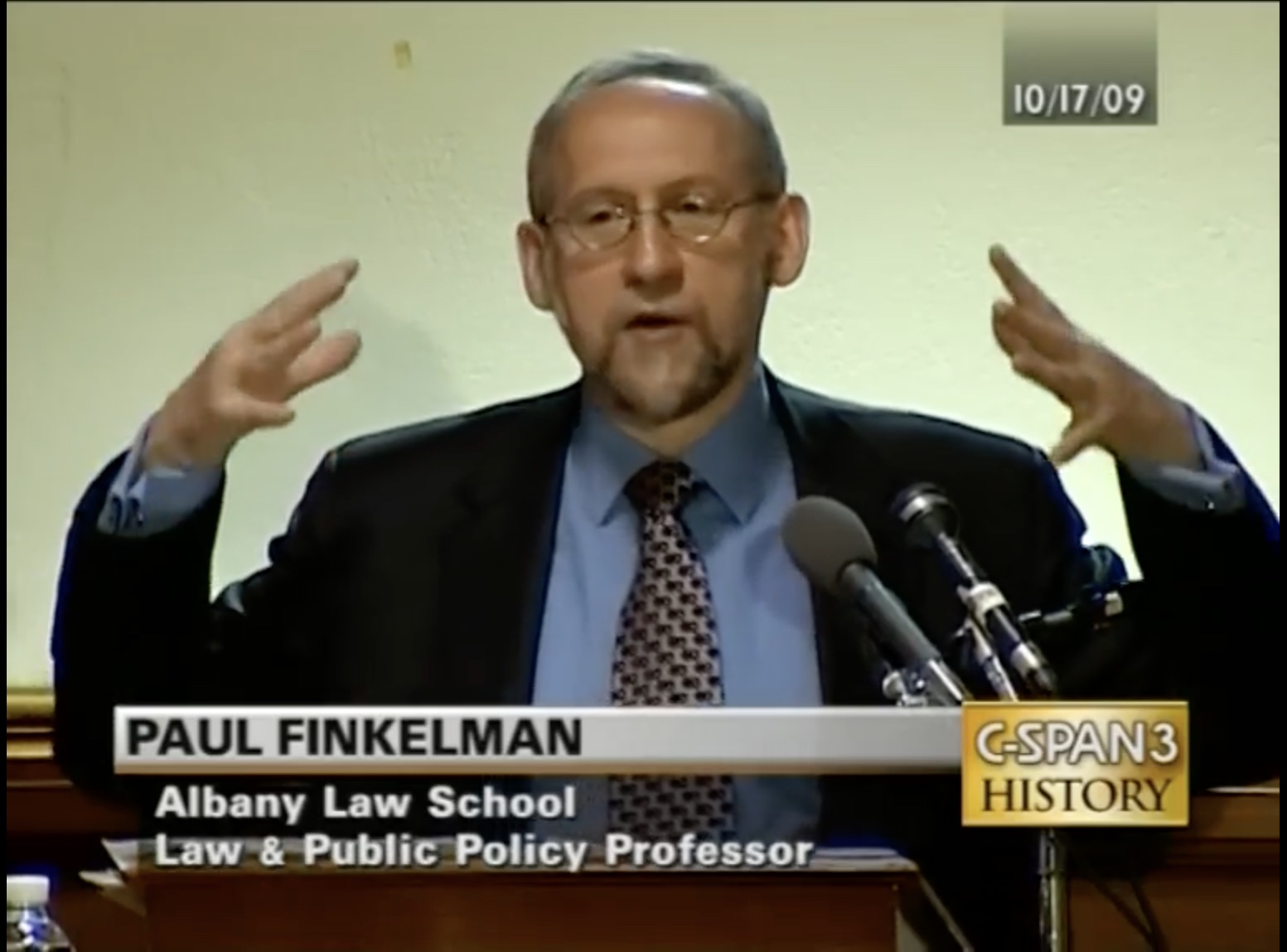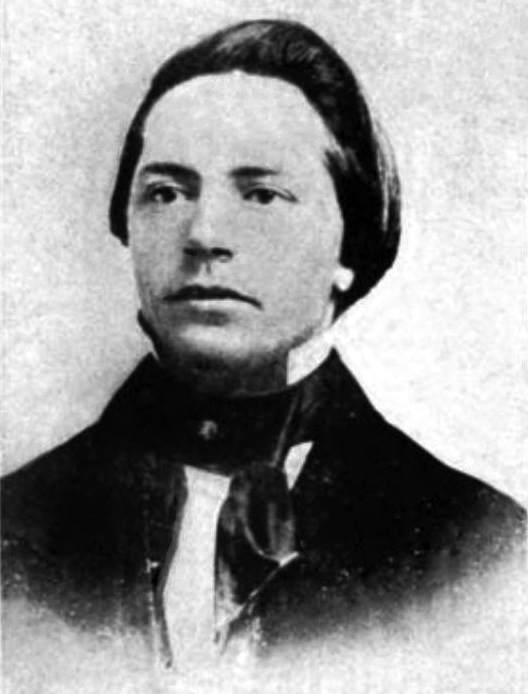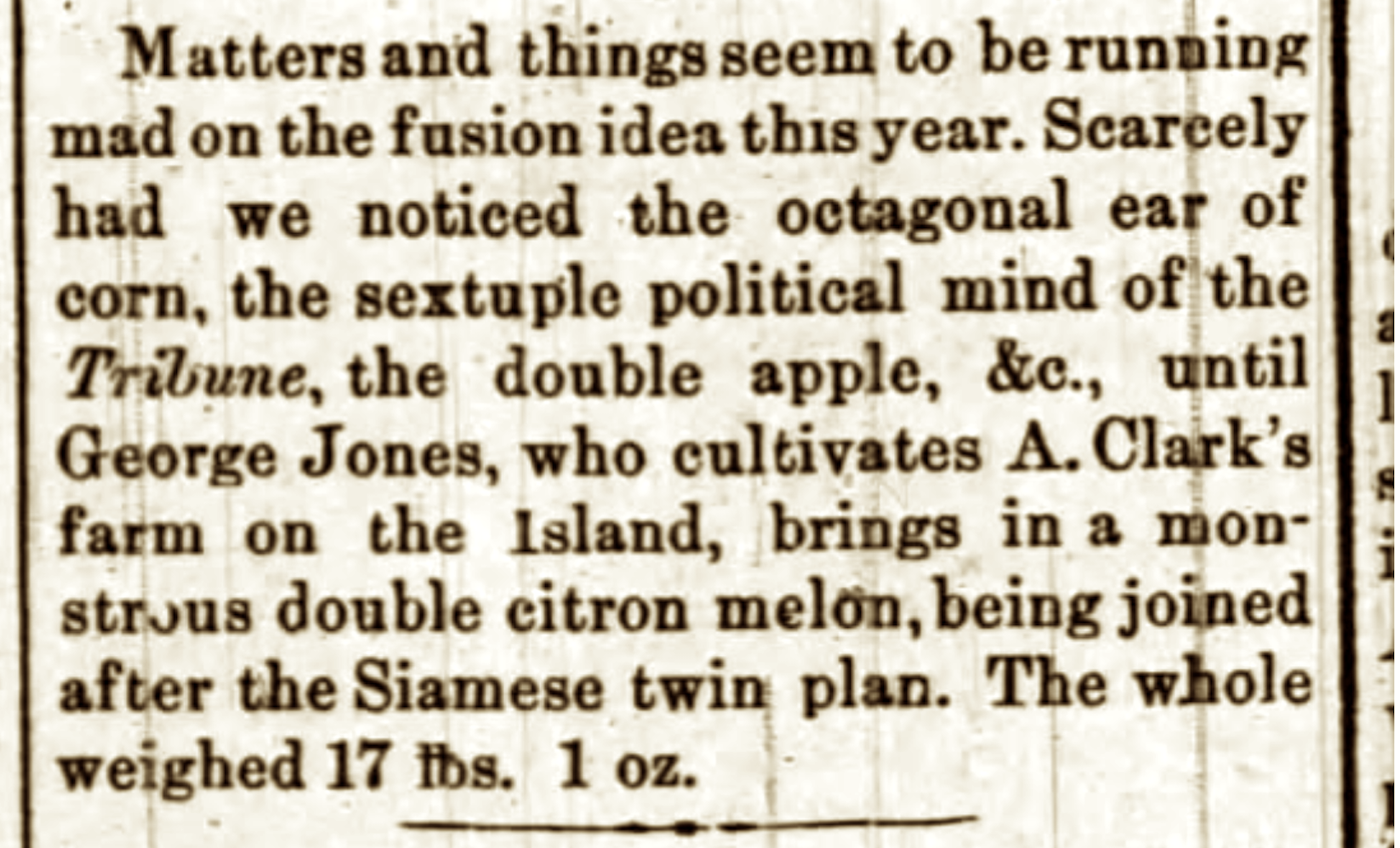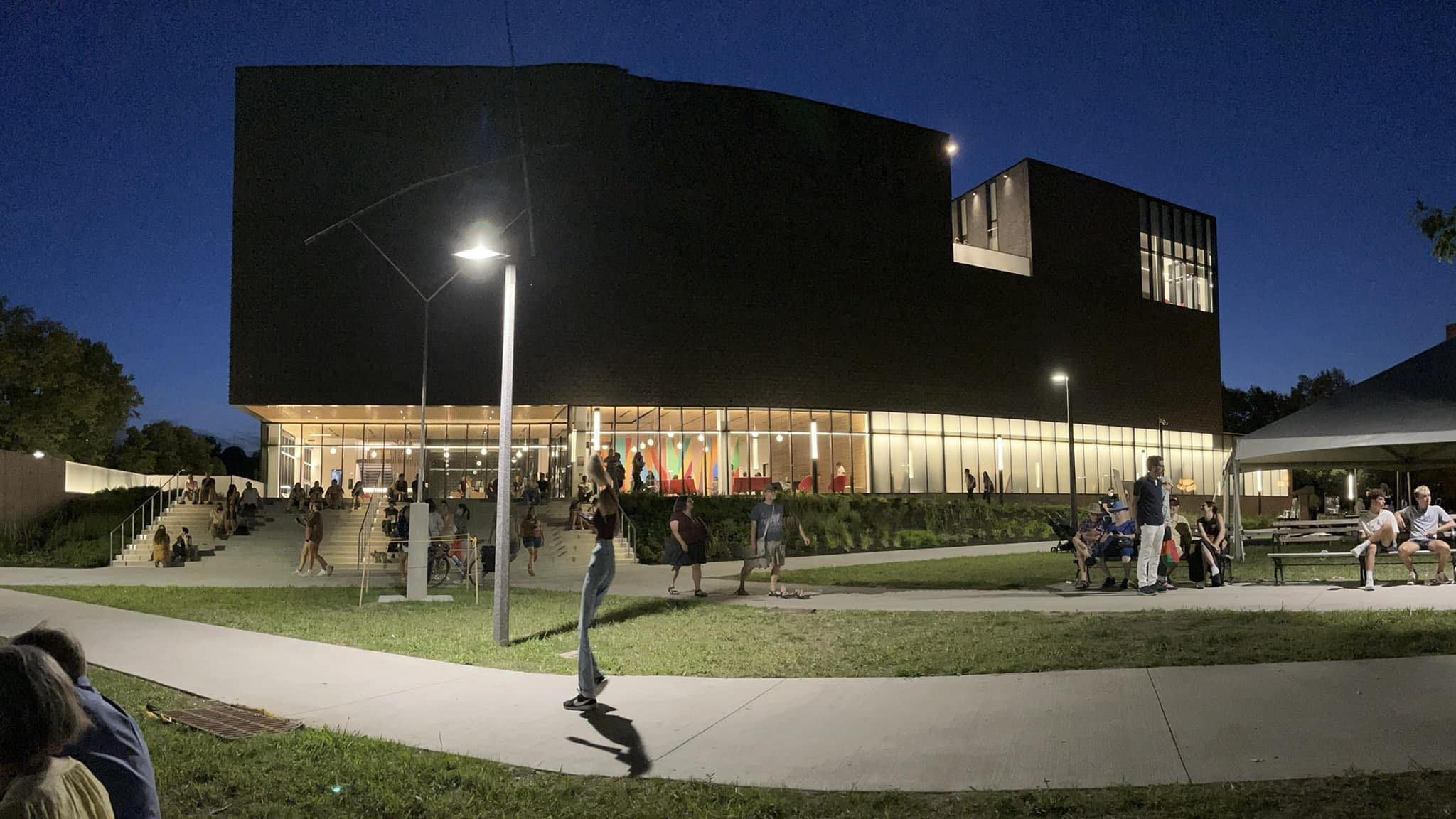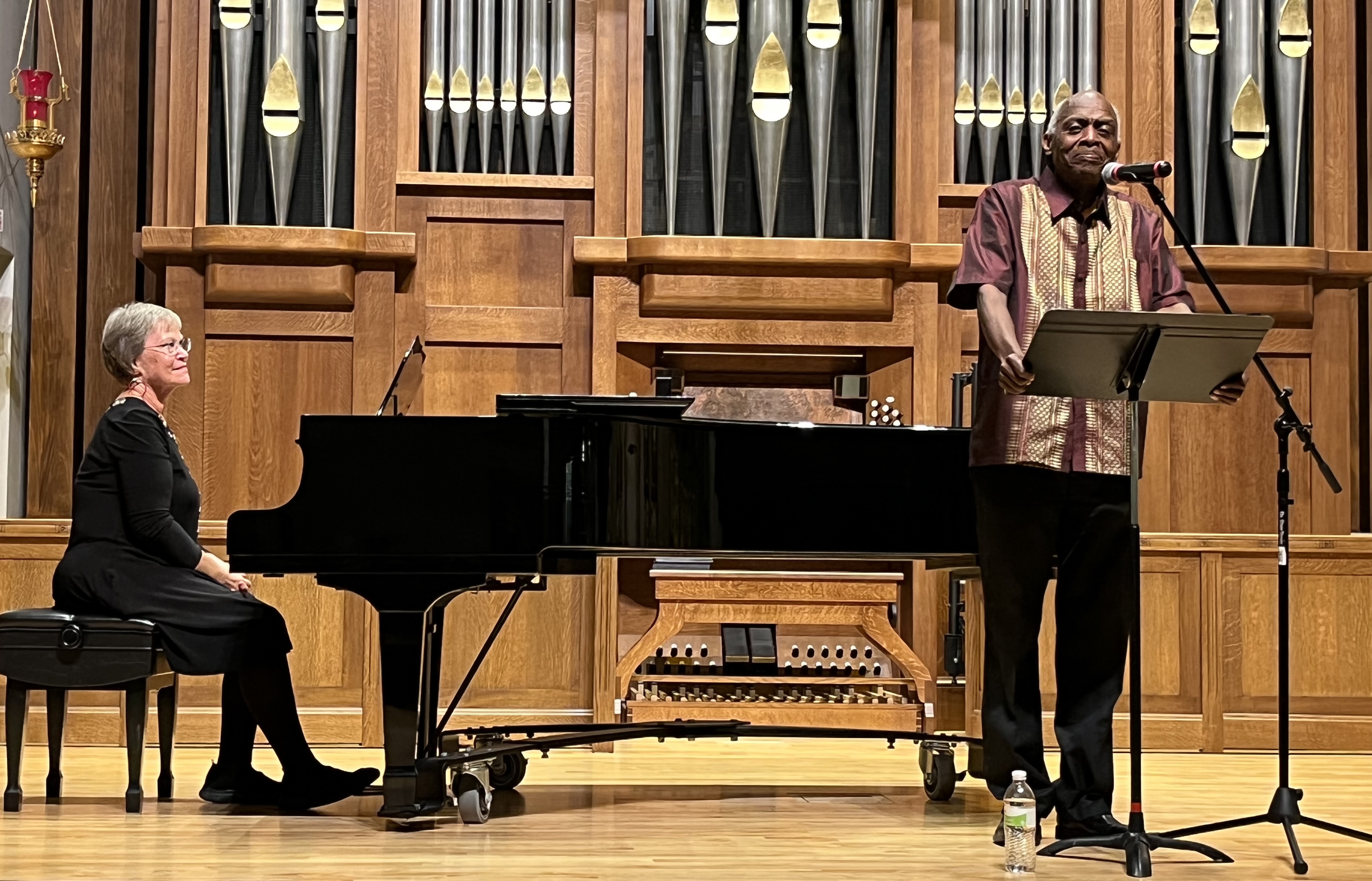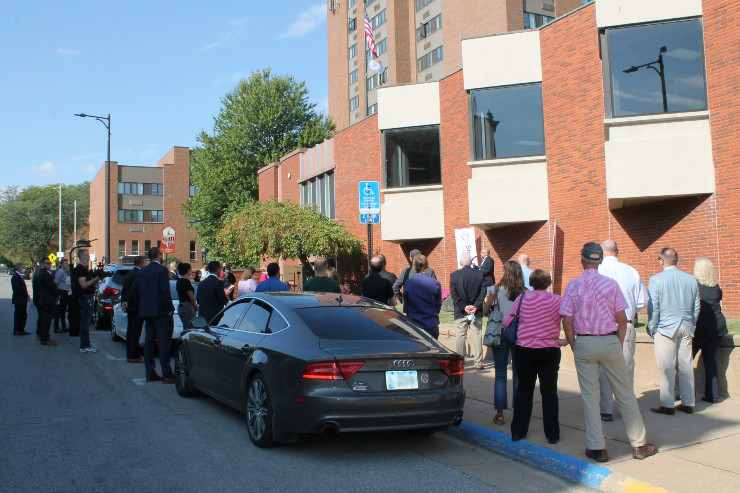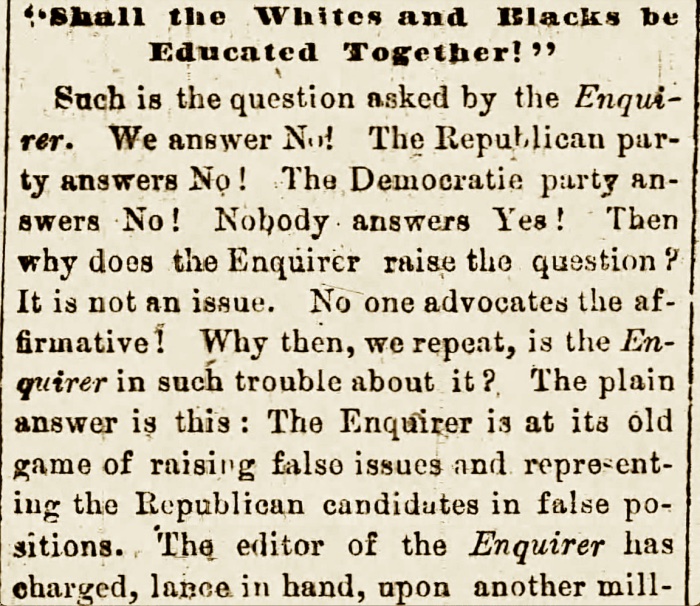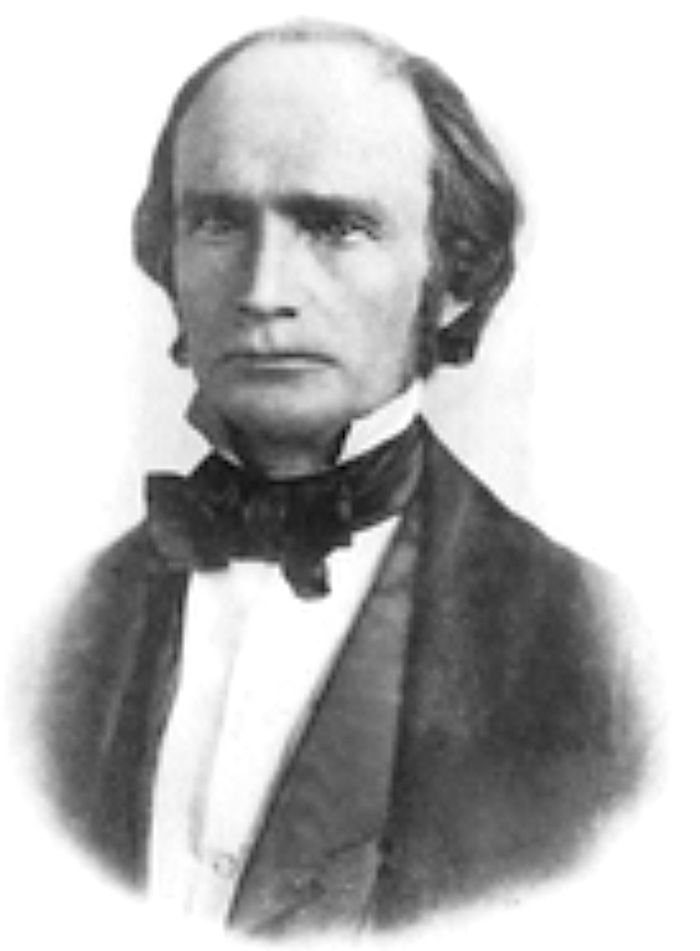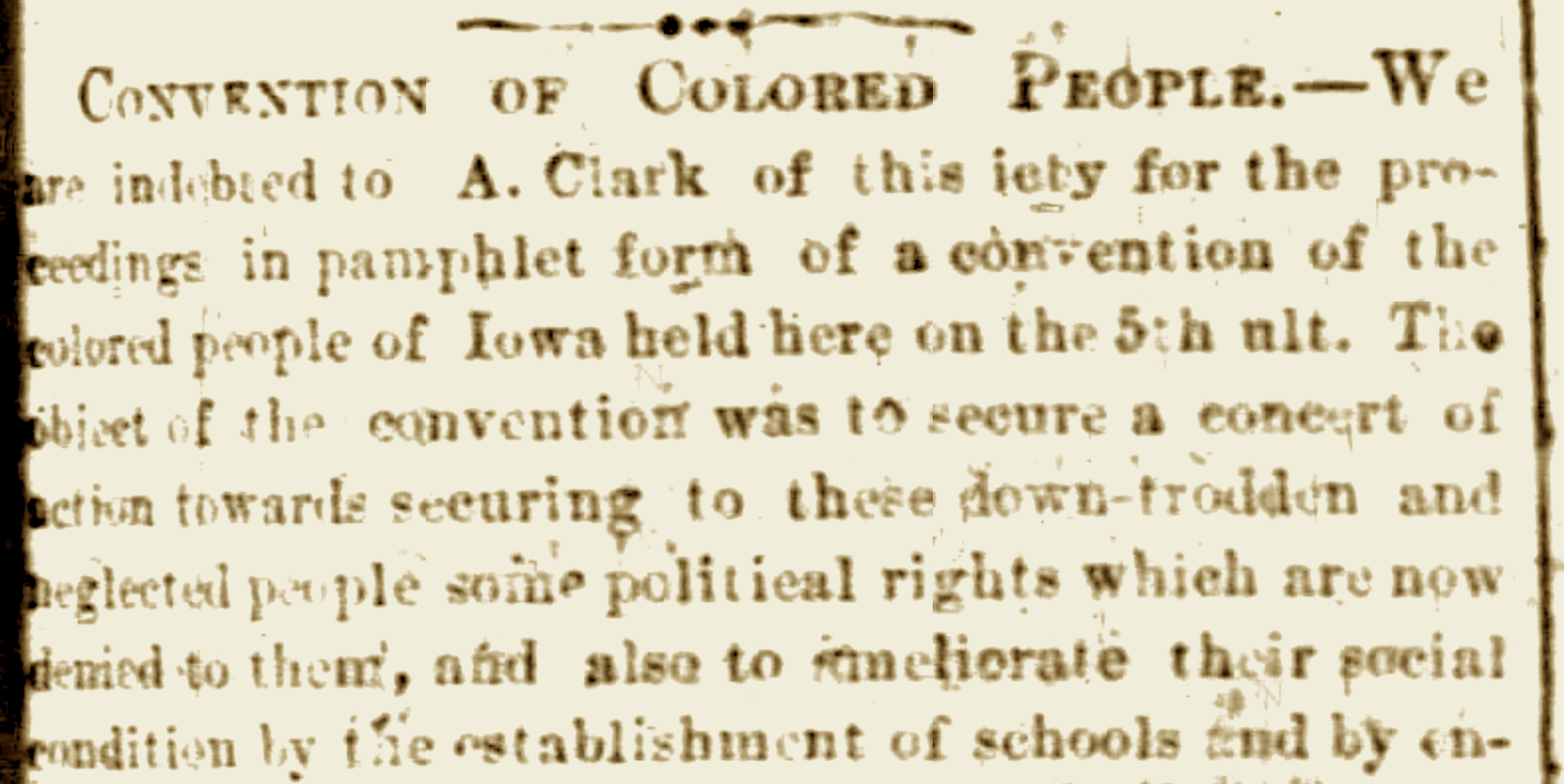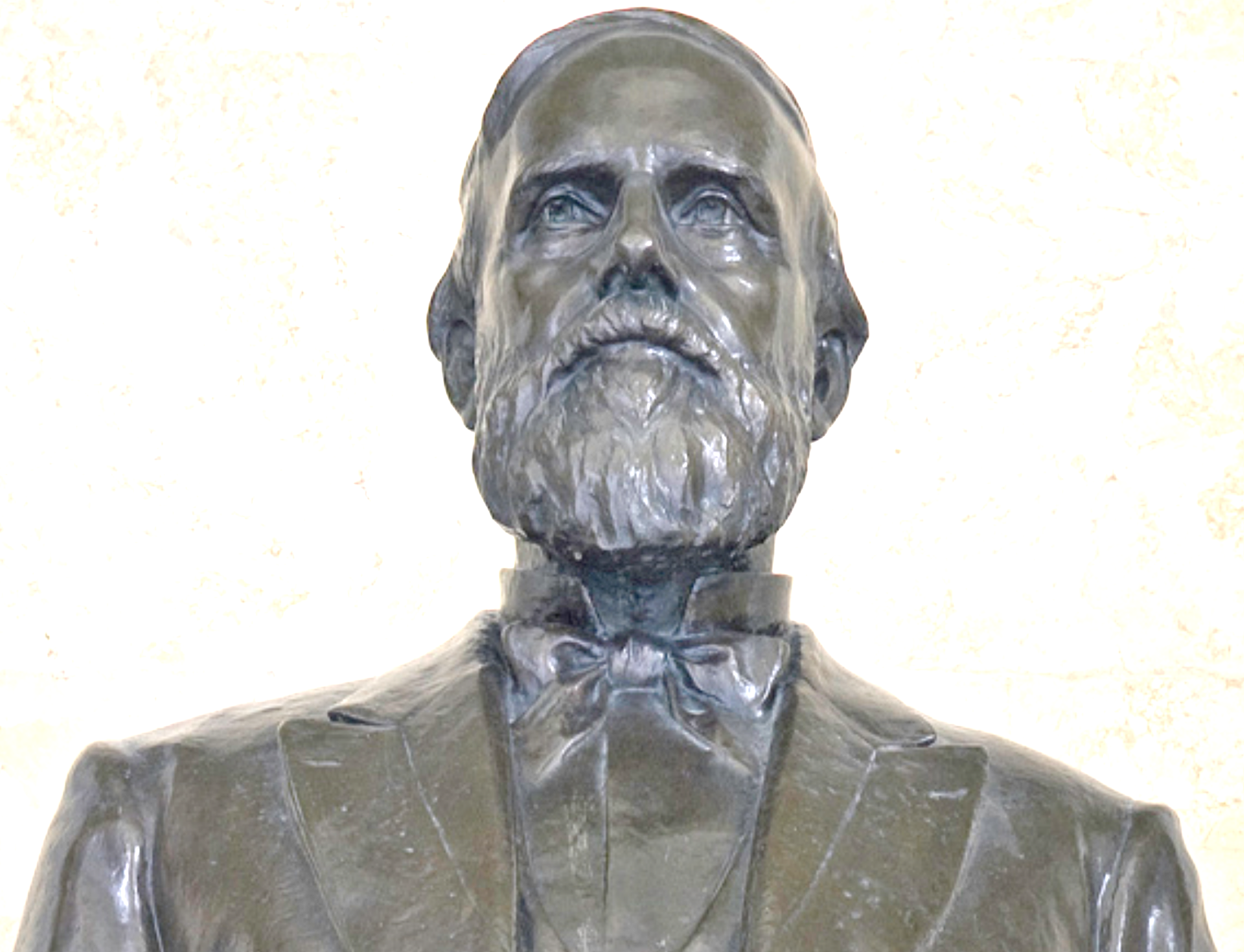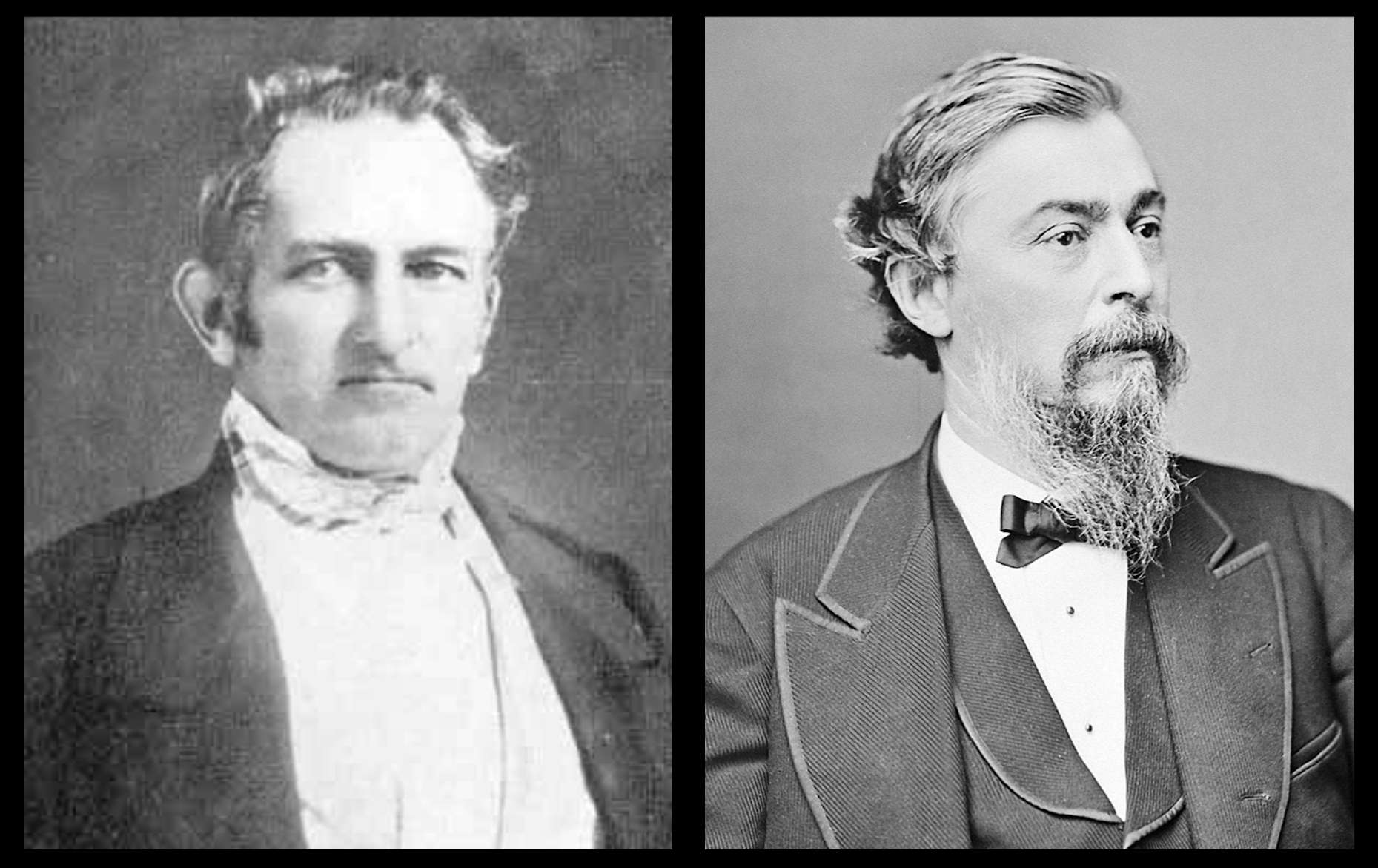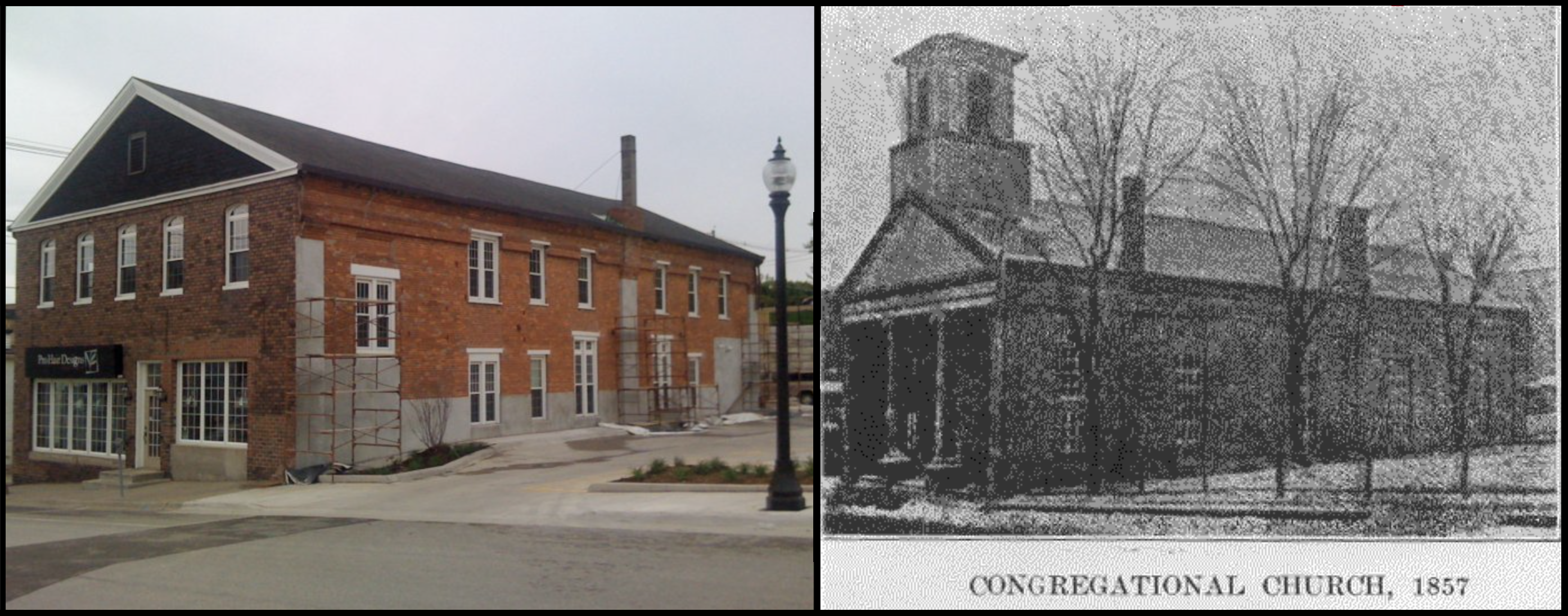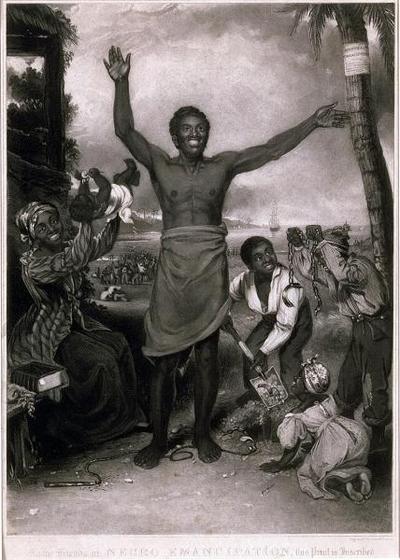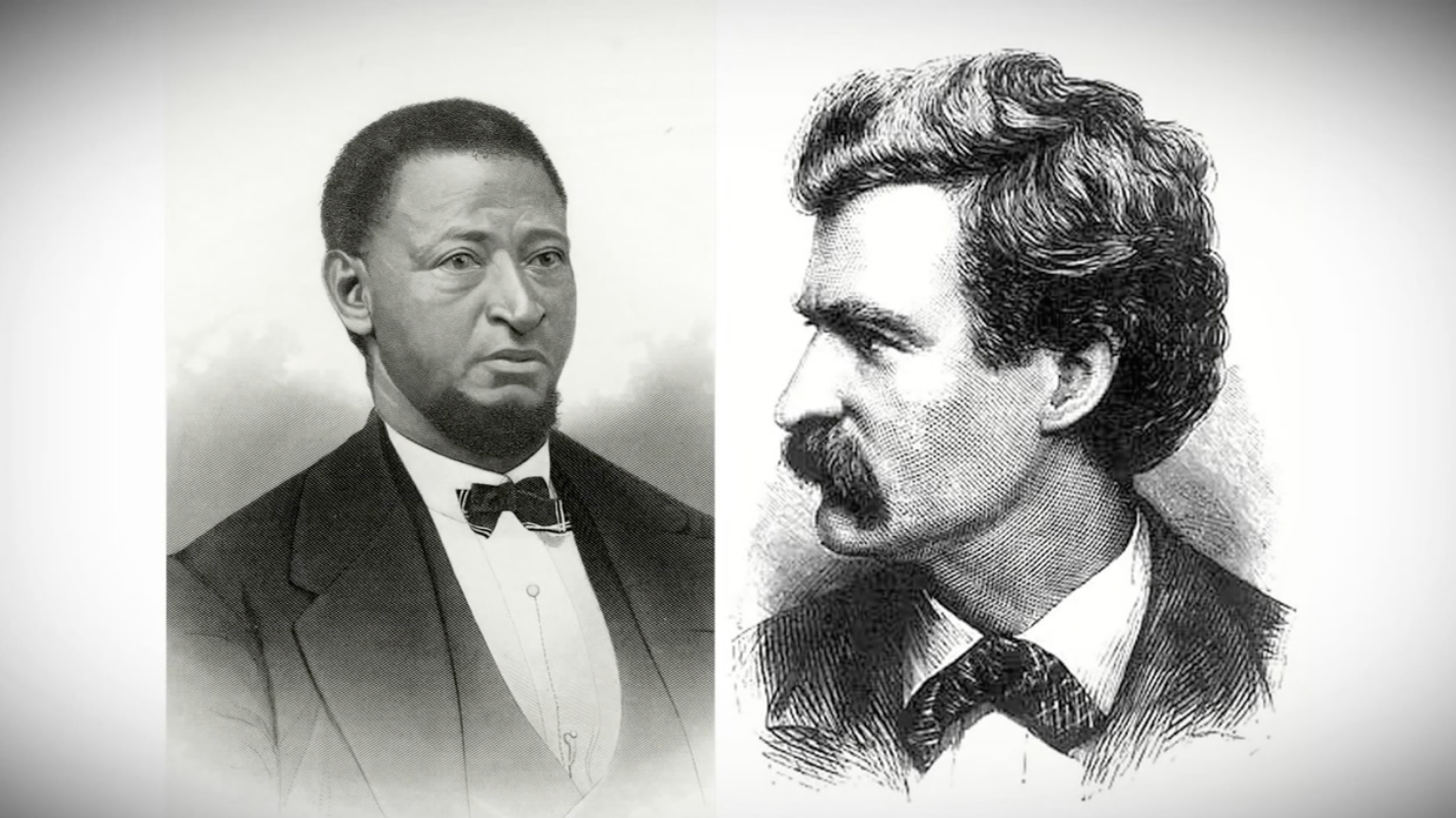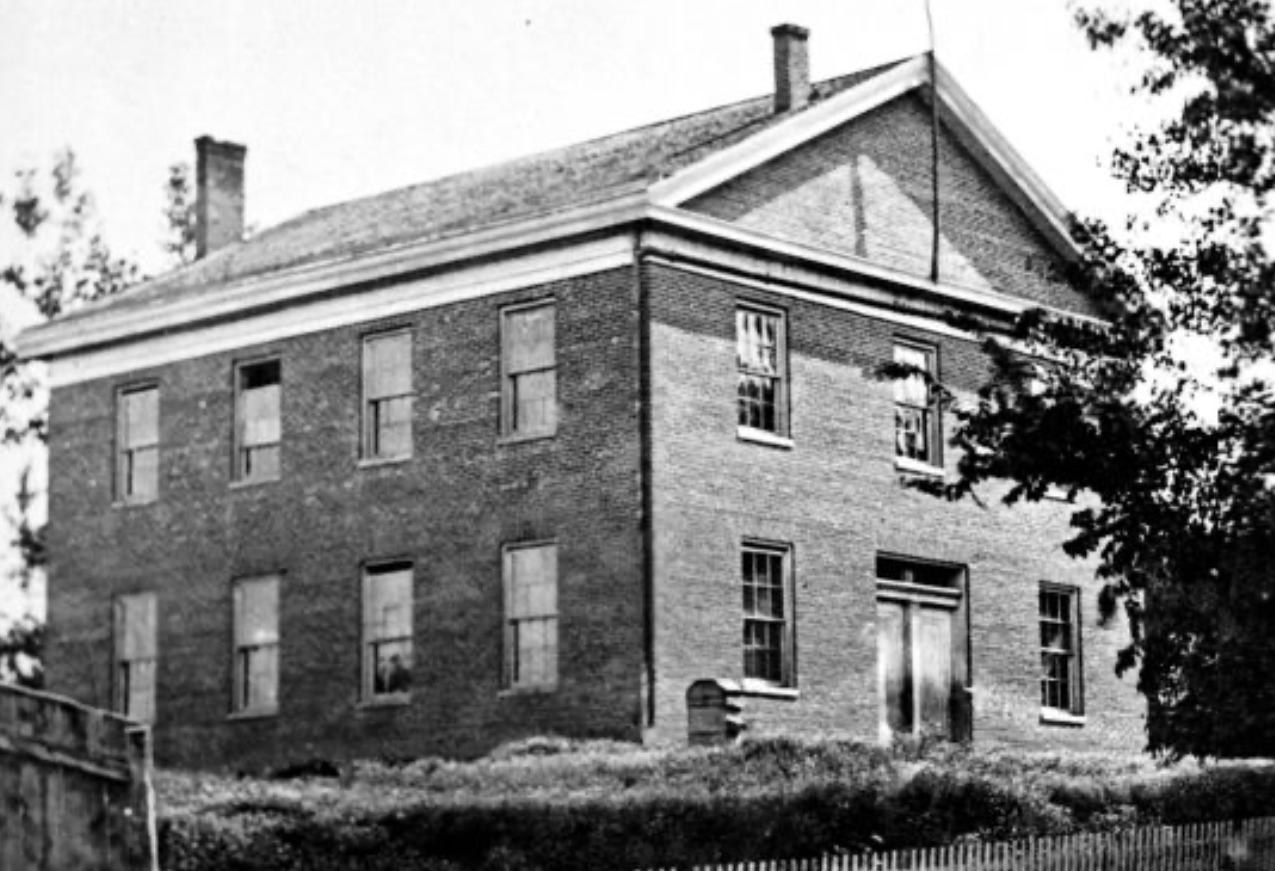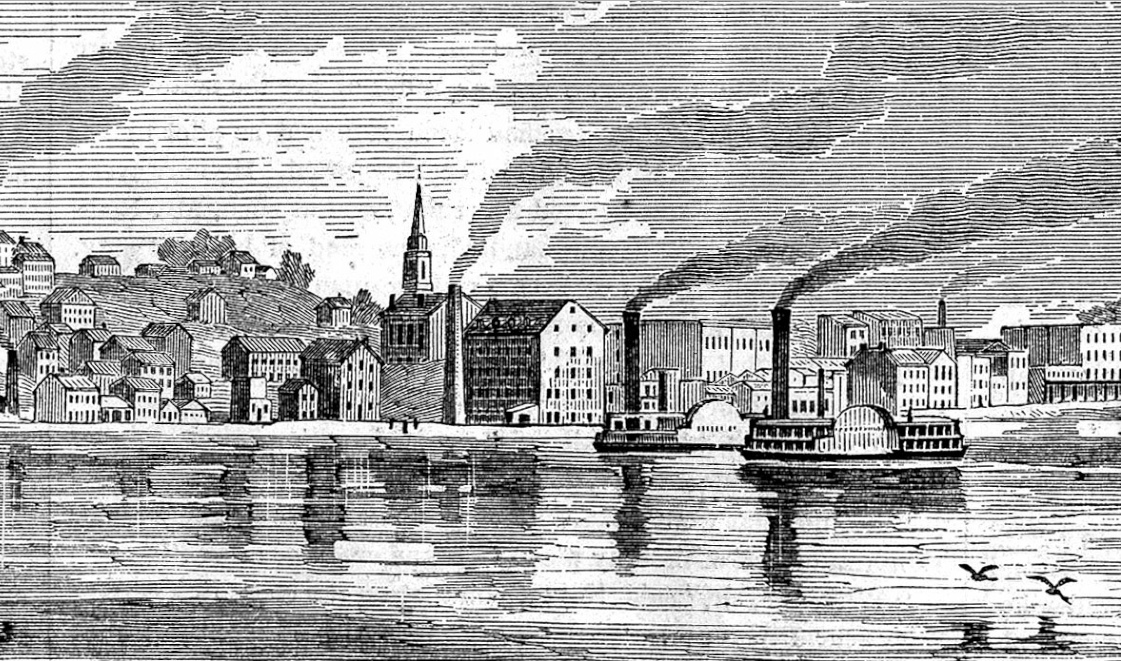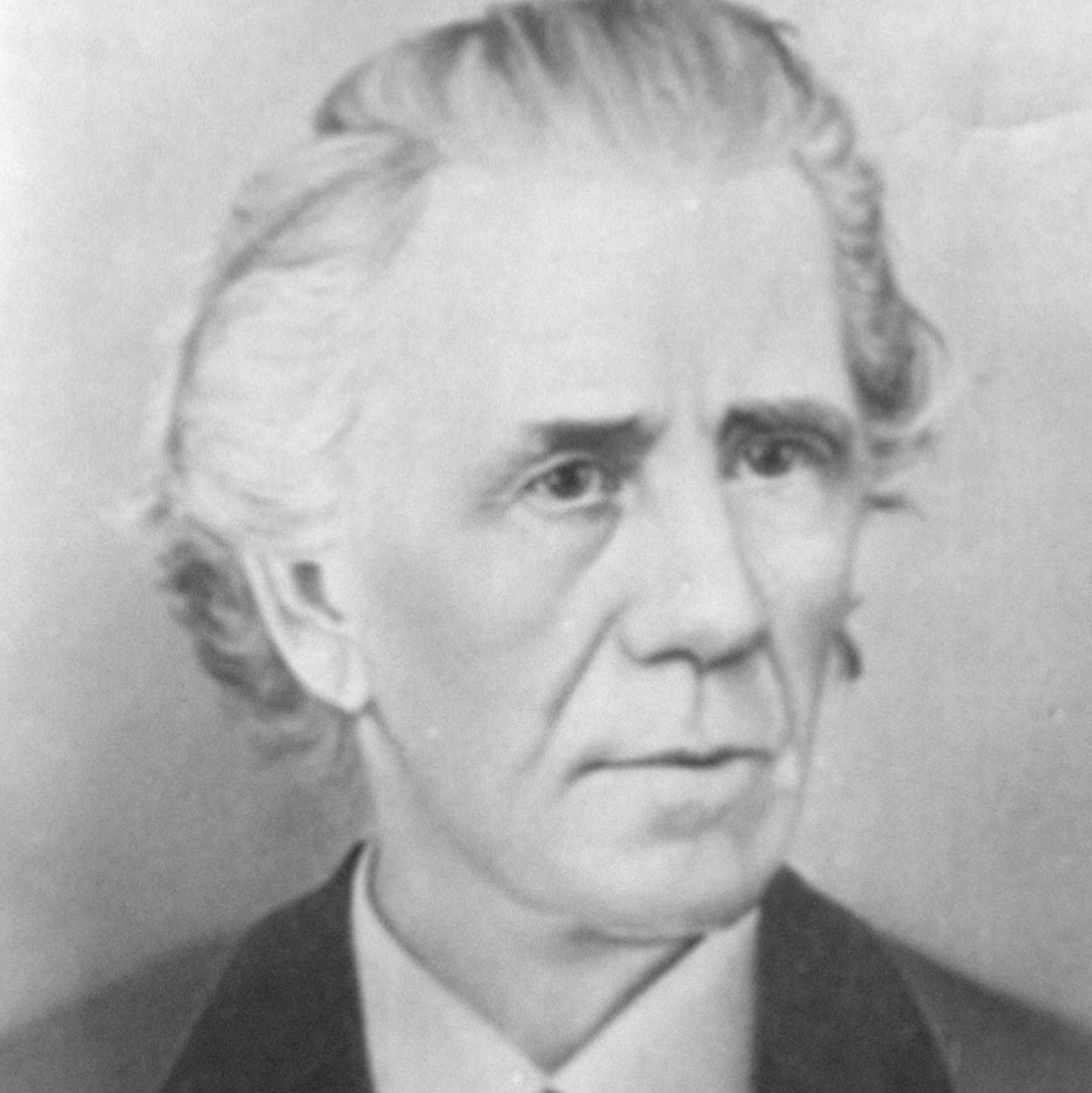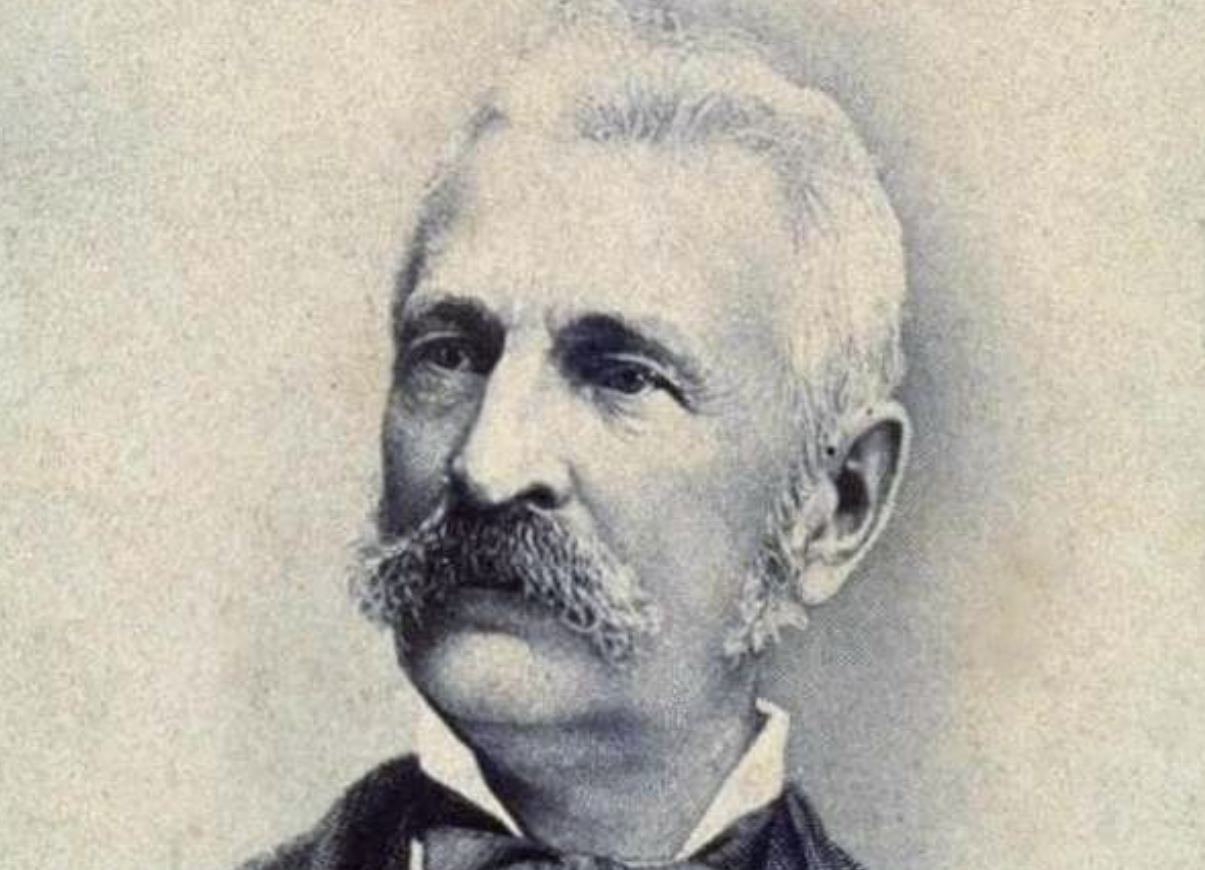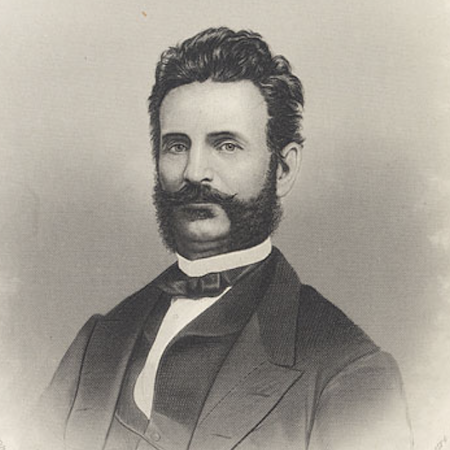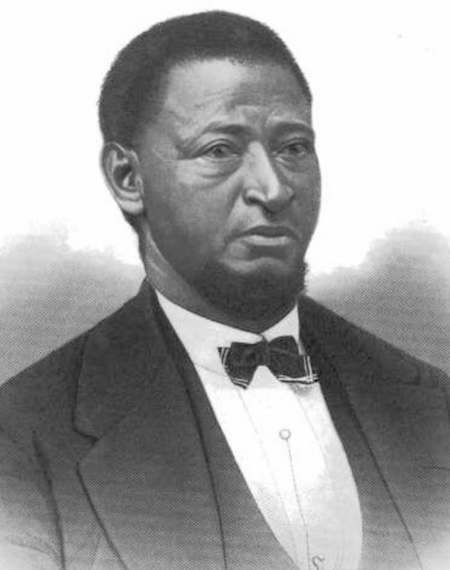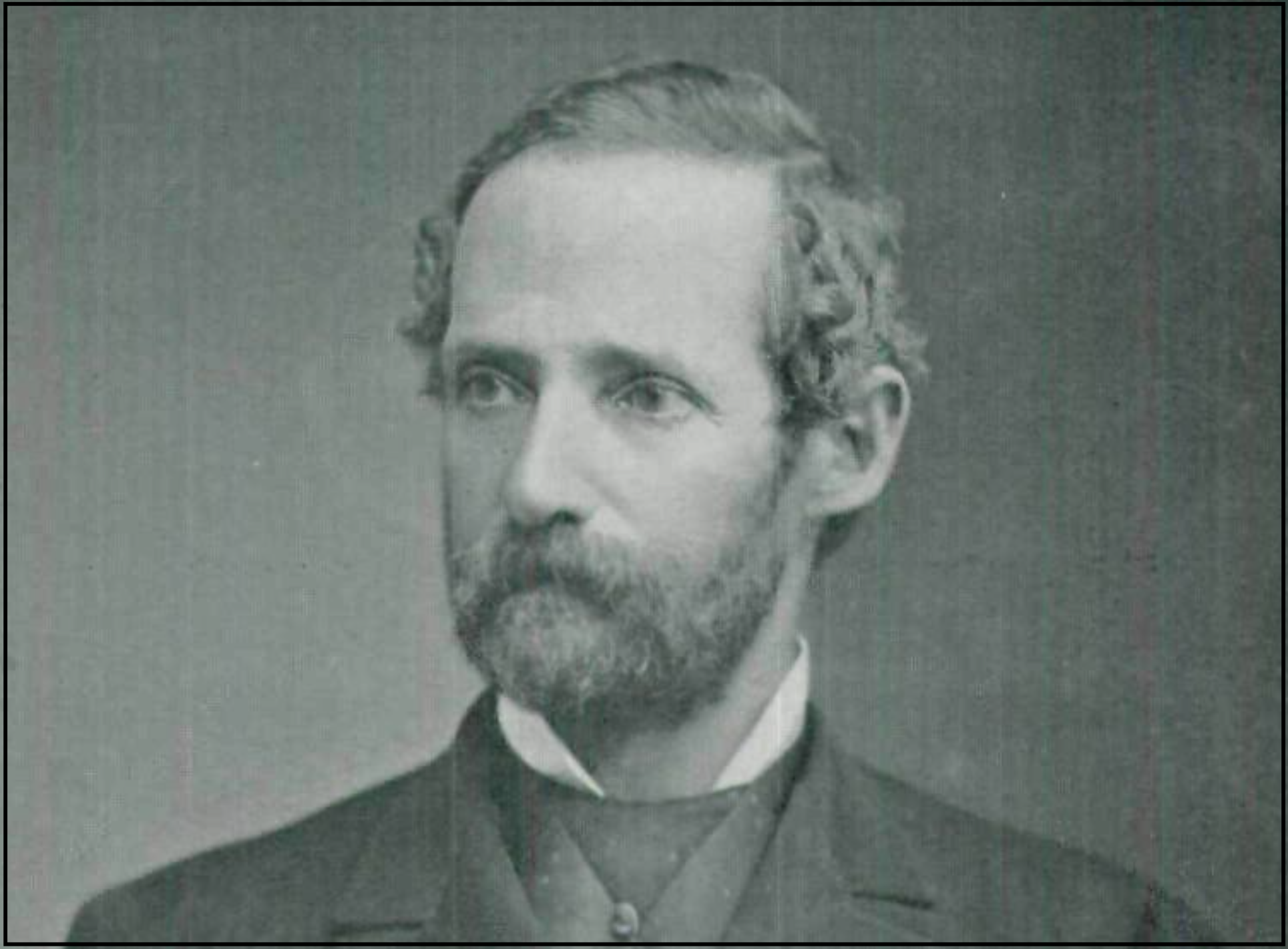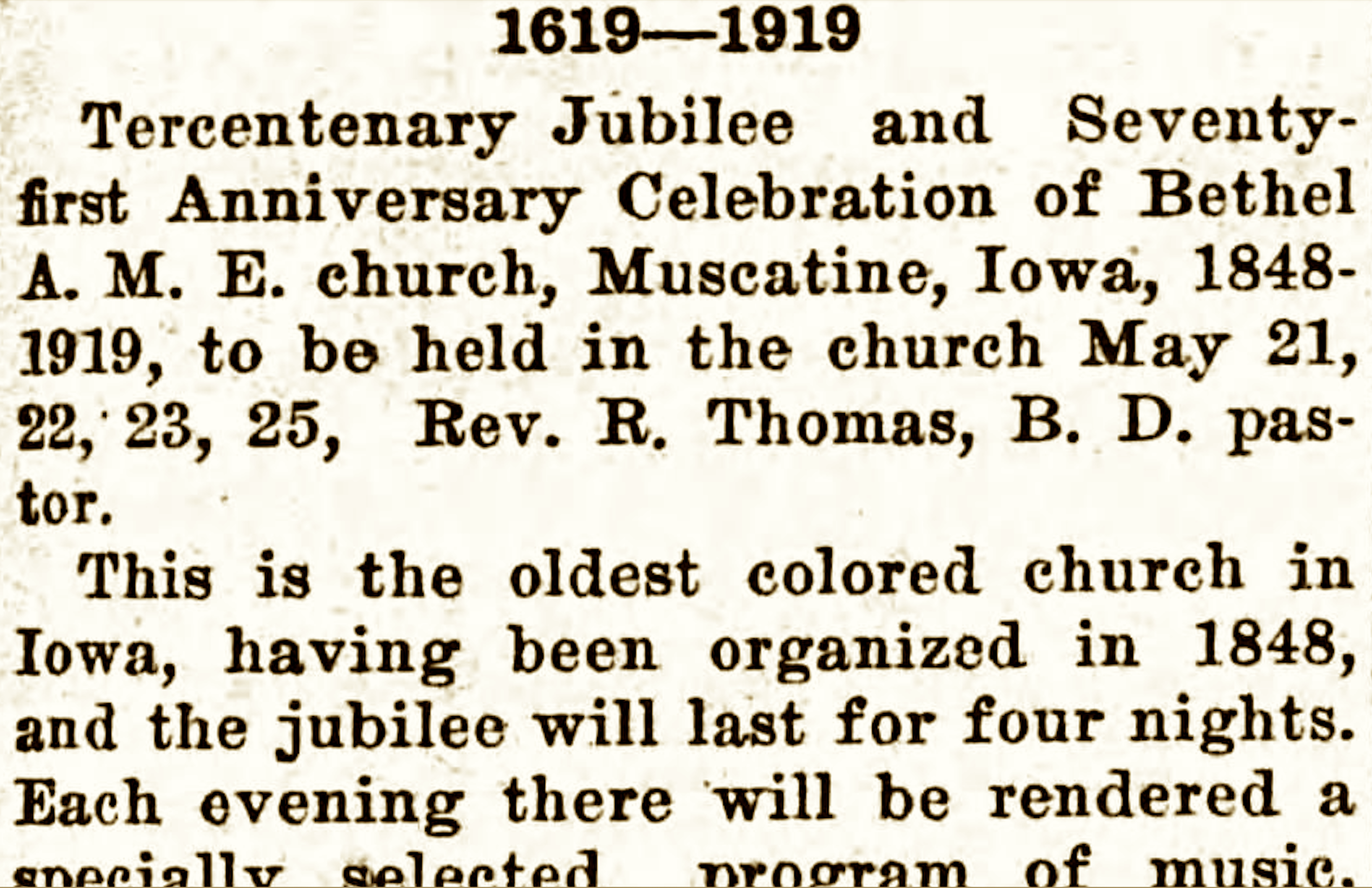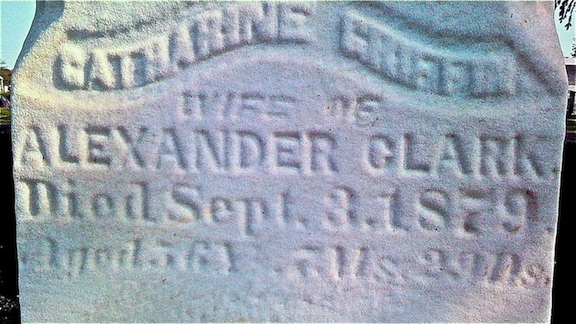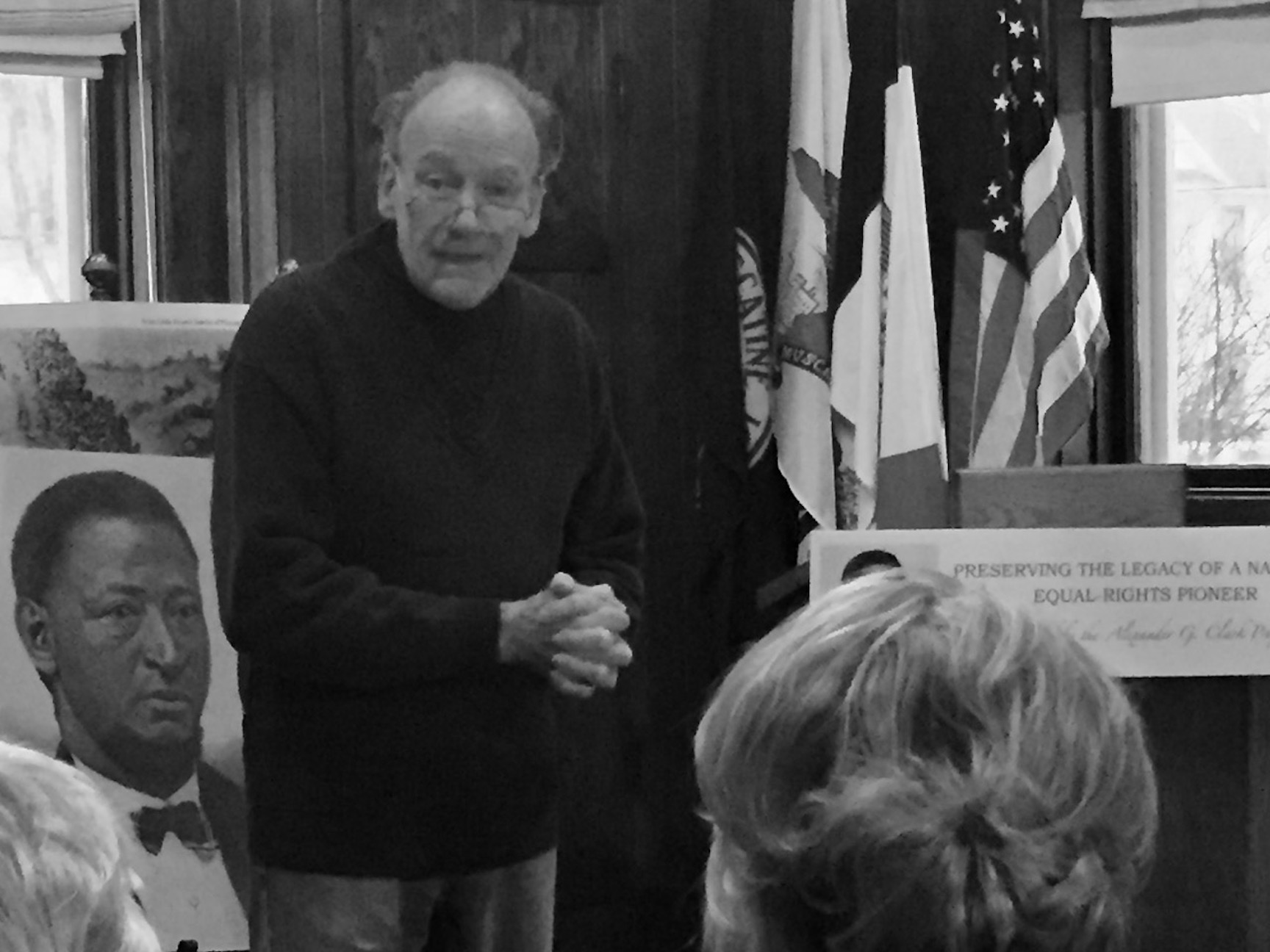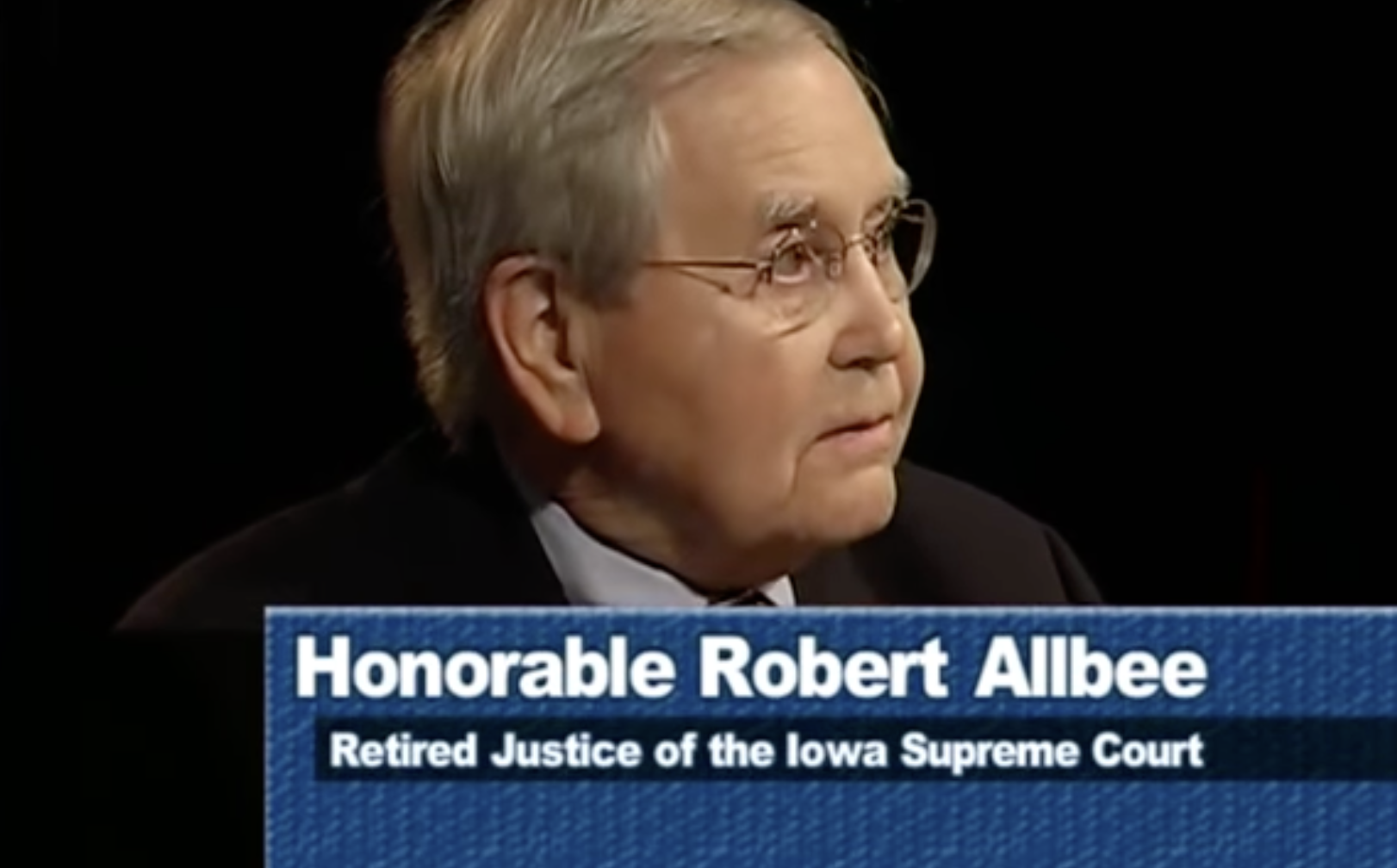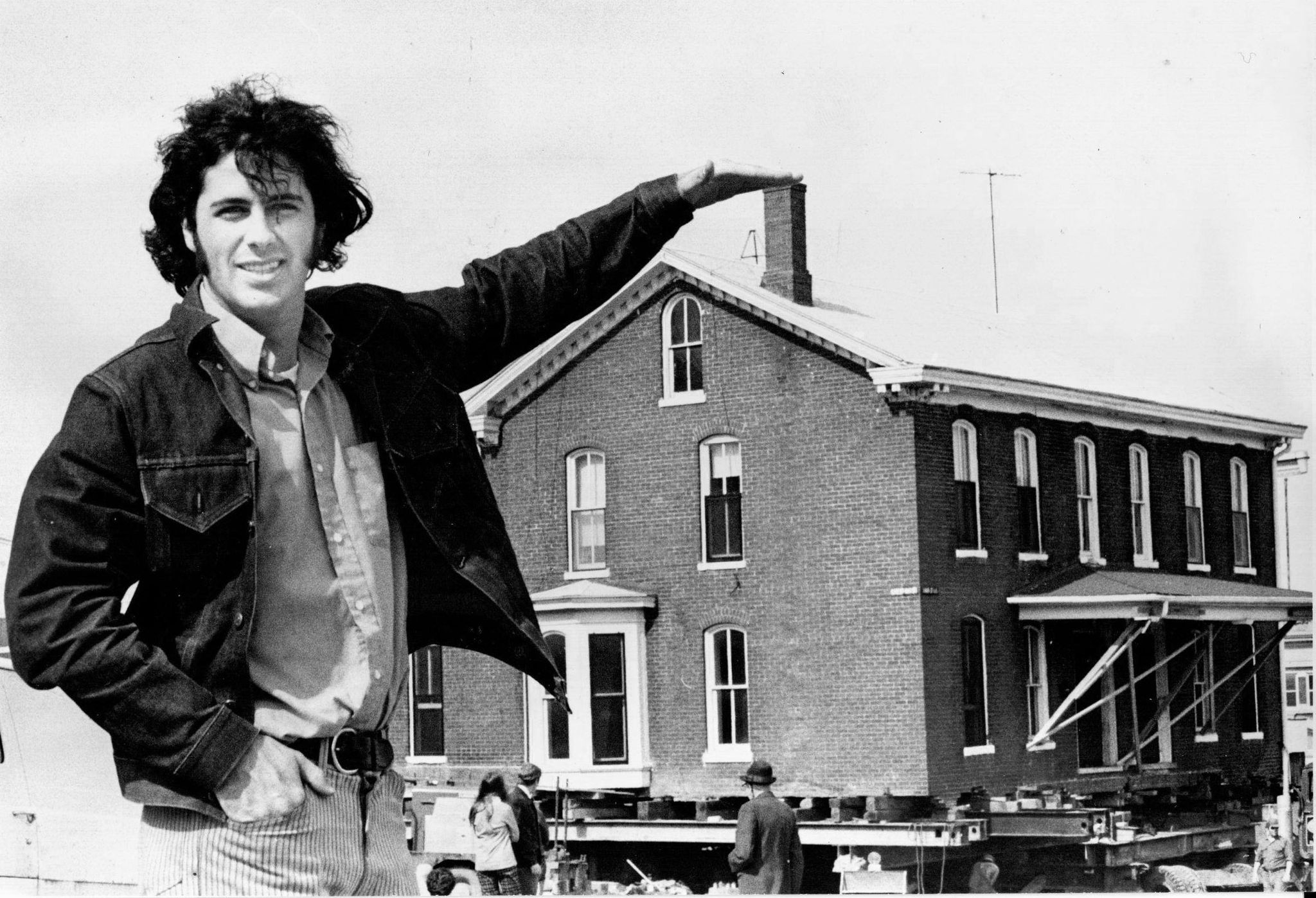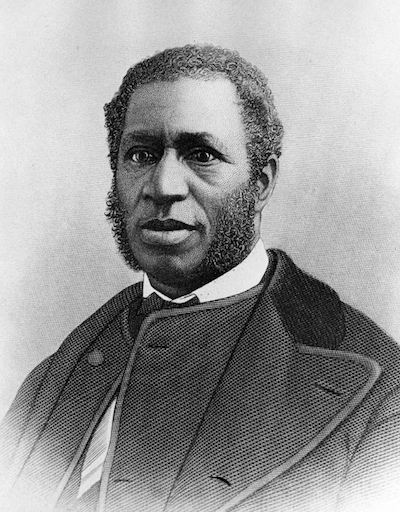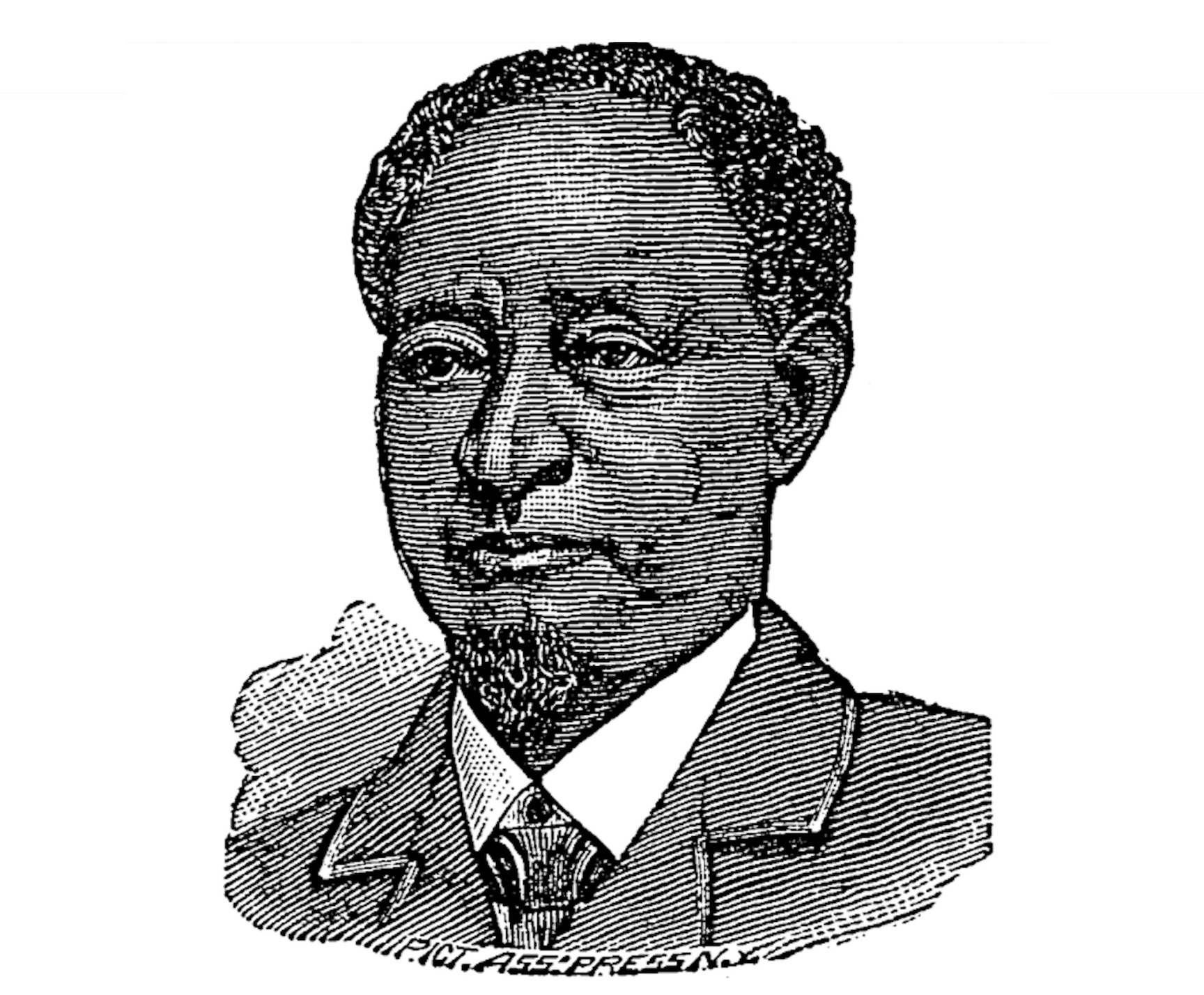
This column by Daniel G. Clark first appeared in the Muscatine Journal on June 28, 2023. Above: Detail from poster by Greater Muscatine Chamber of Commerce & Industry. Not finished in time for RAGBRAI, the 40-foot installation was dedicated on October 14.
One month hence, on July 29, RAGBRAI cyclists will dip their tires here, the seventh time Muscatine will have rolled out the red carpet—previously 1976, 1986, 1995, 2001, 2006, 2016.
Before paved roads, Iowa was famous for mud and muck. And no river-to-river Great Bicycle Ride, obviously.
Long before Interstate 80 was imagined, a coalition of town leaders mobilized to build the border-to-border road christened the Great White Way. Its course from Davenport to Council Bluffs passed through Muscatine and Fruitland. It bragged the fastest route across Iowa, even outpacing the Lincoln Highway (later U.S. Highway 30).
In April 1914, about 40 Muscatine “boosters” drove through the construction zone 100 miles to Oskaloosa, headquarters of the Great White Way Association of Iowa, to make a pitch for hosting the movement’s annual picnic, an event promised to bring throngs of visitors.
Having won their bid, they retraced their tracks in high spirits, parading and partying and inviting everyone they met to attend the grand occasion on their Mississippi riverfront.
Muscatine Journal, April 24, 1914: “In fact nearly every culvert along the route is either concrete or currugated iron, both of these being manufactured in Muscatine.”
Journal, July 21: “Muscatine will be the scene of the greatest good roads celebration ever held in the state of Iowa when the Great White Way picnic is staged here from August 17th to 20th. Fifteen thousand visitors are expected to be attracted to Muscatine by the elaborate entertainment which is to be provided. Three thousand dollars is to be appropriated to meet the expenses of the event which will be of such magnitude as to attract tourists from the Mississippi to the Missouri rivers.”
Motor-boat racing. Aqua-plane racing. Hydro-plane flights. Venetian Night illuminated boat parade. Free vaudeville acts and more.
“The visitors will also be permitted to indulge in a Muscatine water melon orgy. Thousands of melons from the Muscatine Island, the richest melon producing area in the world, will be brought….”
The word went out. “5 p.m. Watermelon feed. Free watermelon to out of town visitors, who register at the headquarters.”
But the picnic got rained out. Presenters of activity and performers of entertainment slogged and soldiered on, but mud and muck prevailed. An effusive letter of thanks signed by officers of the association put on a brave face in praise of “arrangements for holding the greatest event of the kind ever planned.”
“However valuable this deluge, the thousands who were thereby prevented from motoring to the picnic more than share your regret…. Muscatine and the hospitality of its people have become better known to hundreds of thousands of people through the middle west.”
Association secretary Don McClure left for Oskaloosa “in his big touring car.”
“‘I will tell every one who intends to take an auto trip in Iowa to be sure to stop at Muscatine and get a melon’ said McClure. He took with him two of the biggest melons in the city.”
*****
So, listen up, you RAGBRAI riders. That historic route is how you will enter our town. After you cross under U.S. Highway 61, you will be on Hershey Avenue, admiring our soccer fields to your right. Soon you will approach our riverfront and at least one slice of fresh, juicy melon some volunteer will offer you.
You won’t believe your eyes when the 40-foot Largest Watermelon Slice on Planet Earth appears in view! Our mayor has promised to erect it for your passing pleasure and then grow it into a permanent icon.
He’s our Chamber of Commerce CEO, too: Booster-in-Chief Brad Bark.
But wait! Just a brief moment earlier you will be gliding by Carver Corner, and there you might give a special, grateful salute to those old-time good-roads boosters.
Glance left at that red brick, three-story, Civil War-era building. It’s vacant. Some call it an eyesore, but still it stands defiantly—like it belongs there. After decades as grocery, saloon, restaurant, and dance hall, a new owner refurbished it for the comfort of 20th-century motorists and reopened in 1919 as the White Way Hotel.
*****
Muscatine Journal, September 29, 1914, quoting the Iowa Highway Commission magazine: “She had five blocks of her main street bejewelled with myriads of electric lights. White Way banners and streamers were countless. Store fronts were orgies of bunting and banners. Muscatine water melons straight from Muscatine Island were there, enough to feed the armies of the allies and Germans combined…. But the rains descended and the floods came and soaked all eastern Iowa. Instead of picnickers, Muscatine for two days had only messages from White Way automobilists tied up, scores of miles away.”
The guns of August 1914. Germany rolled over Belgium, and the Great War was on.
Early in 2022 I set out to relate pieces of our shared story framed as local Black History. This is Column 60.
Next time: A “colored” businessman on the Great White Way
Continue Reading...

